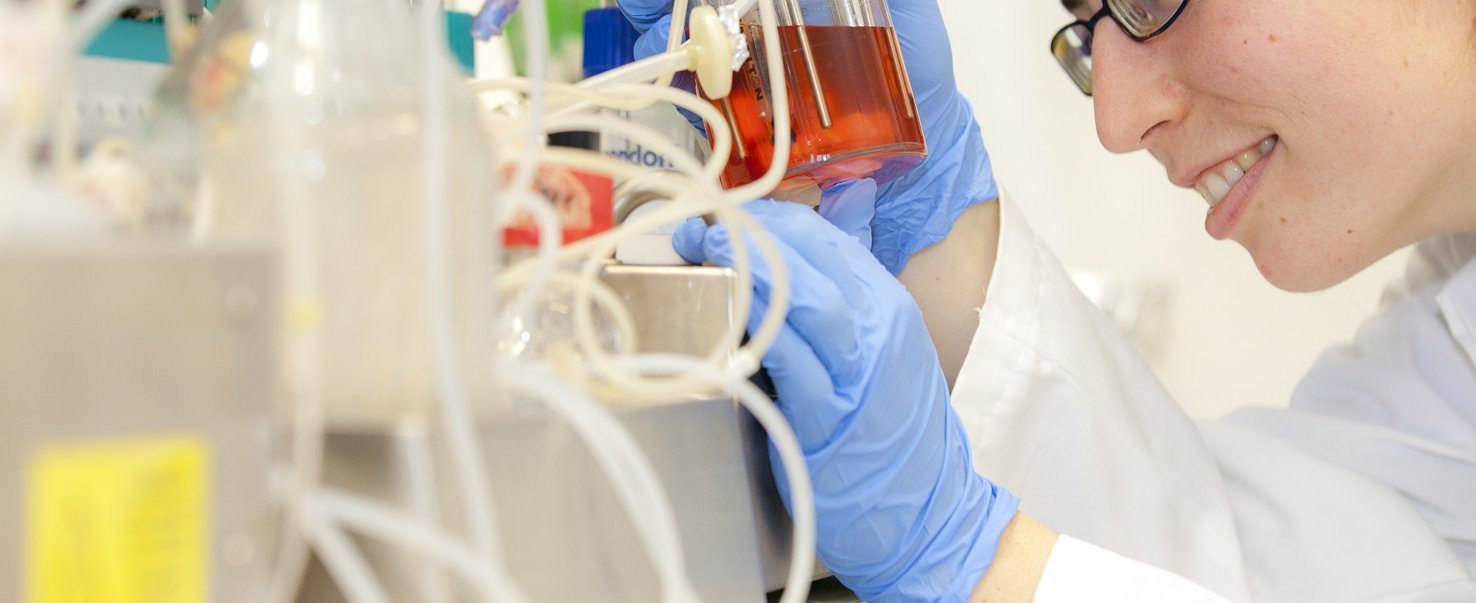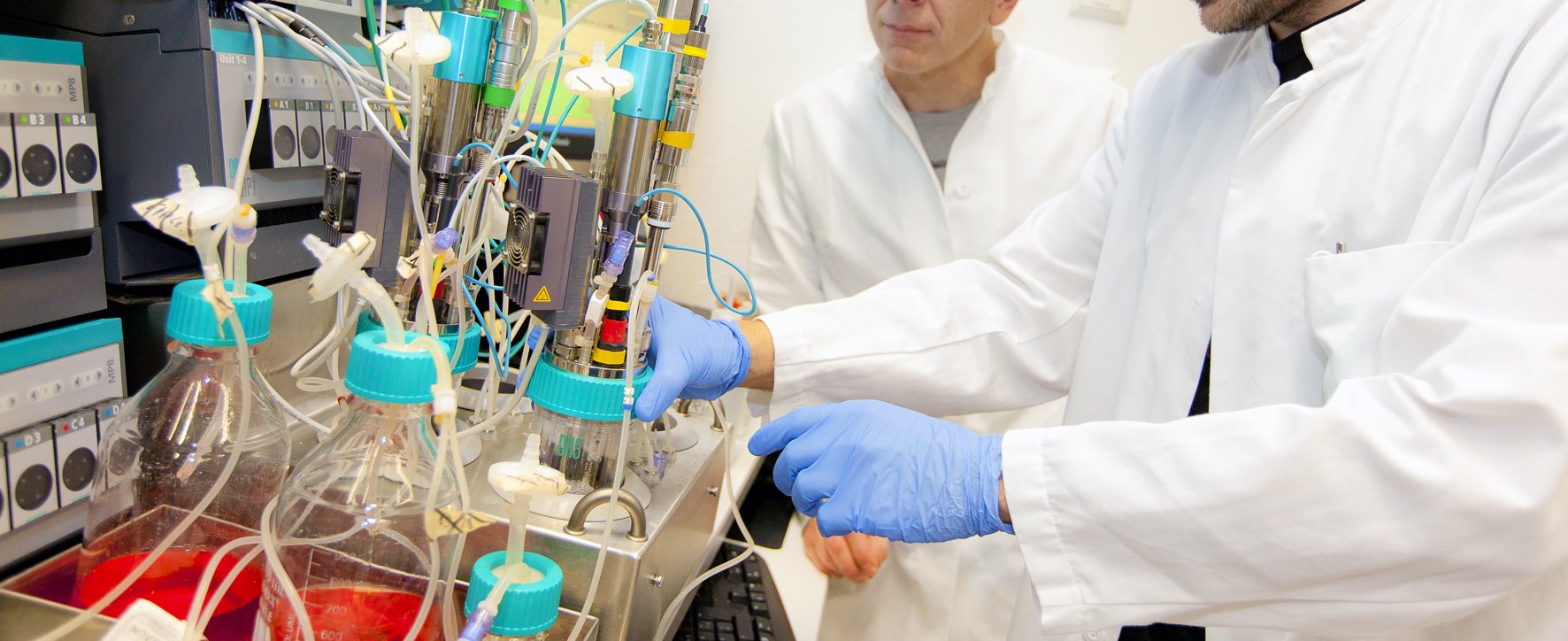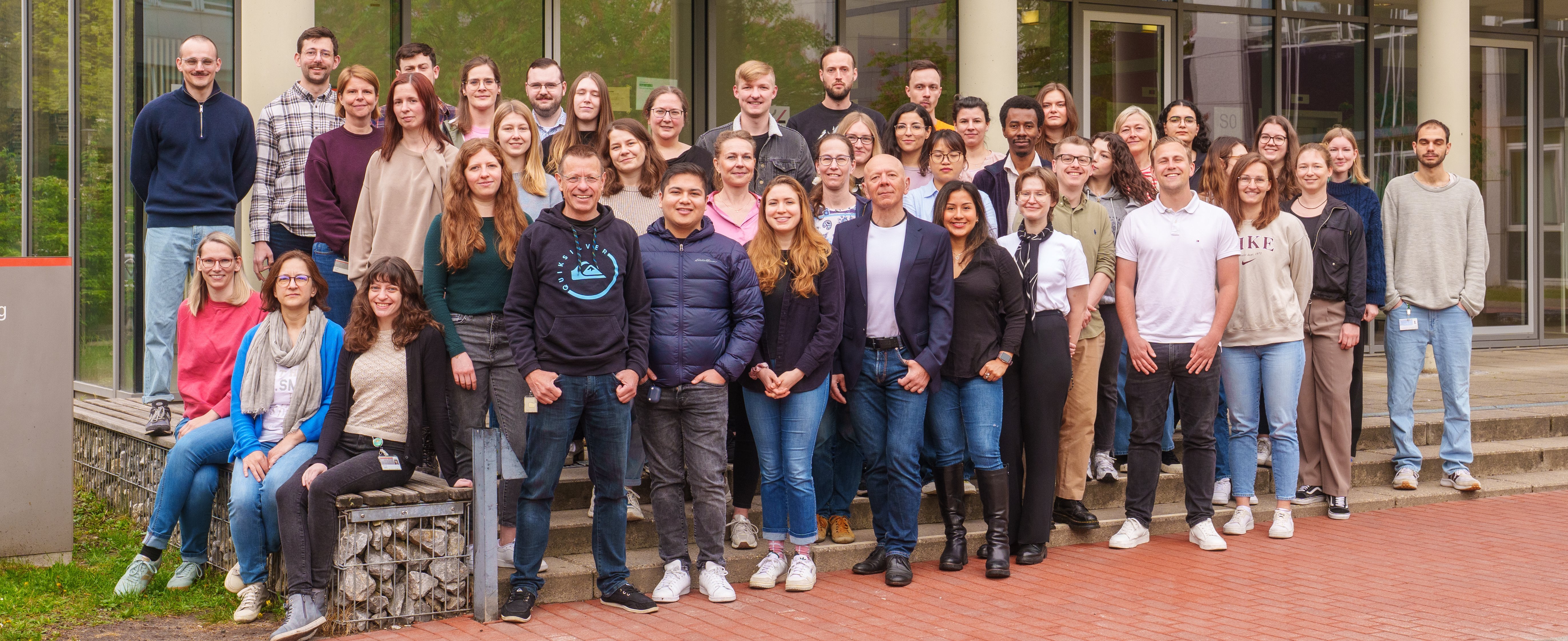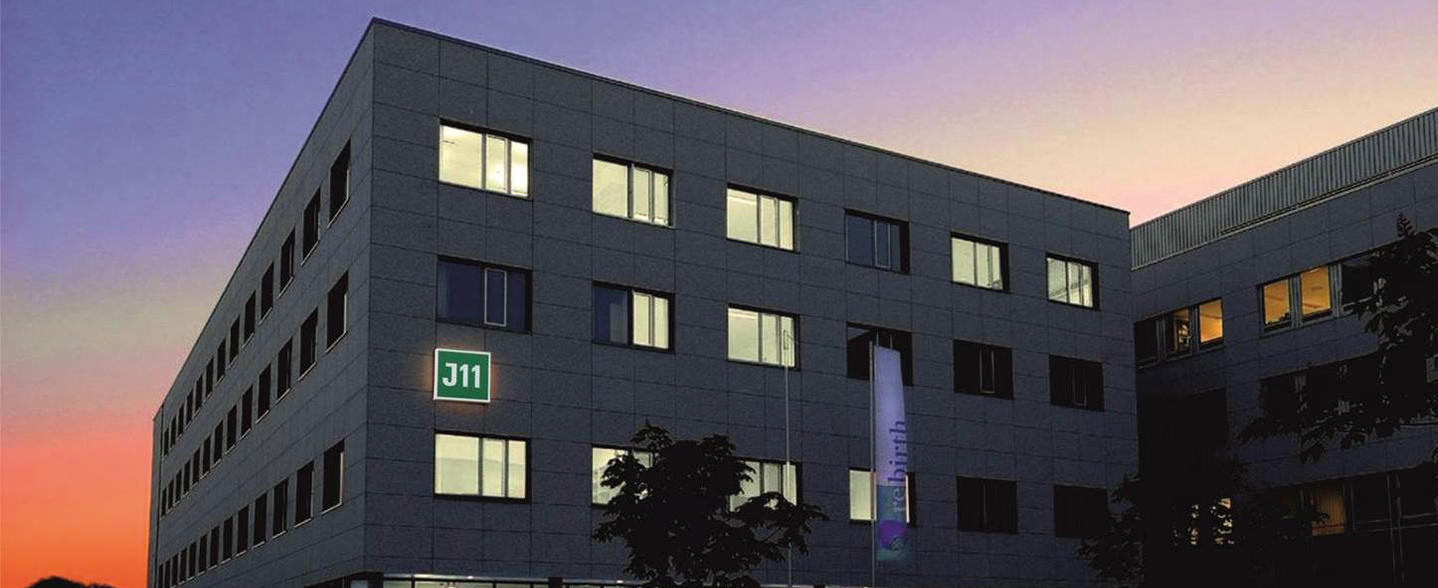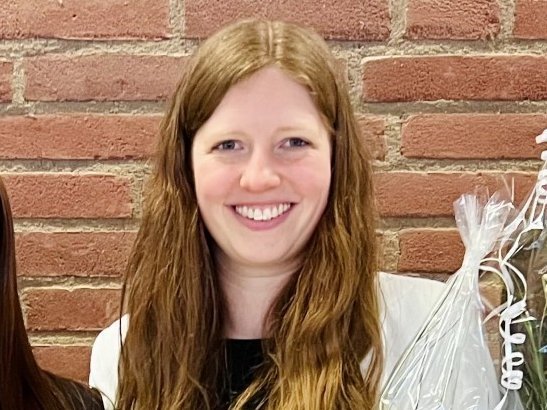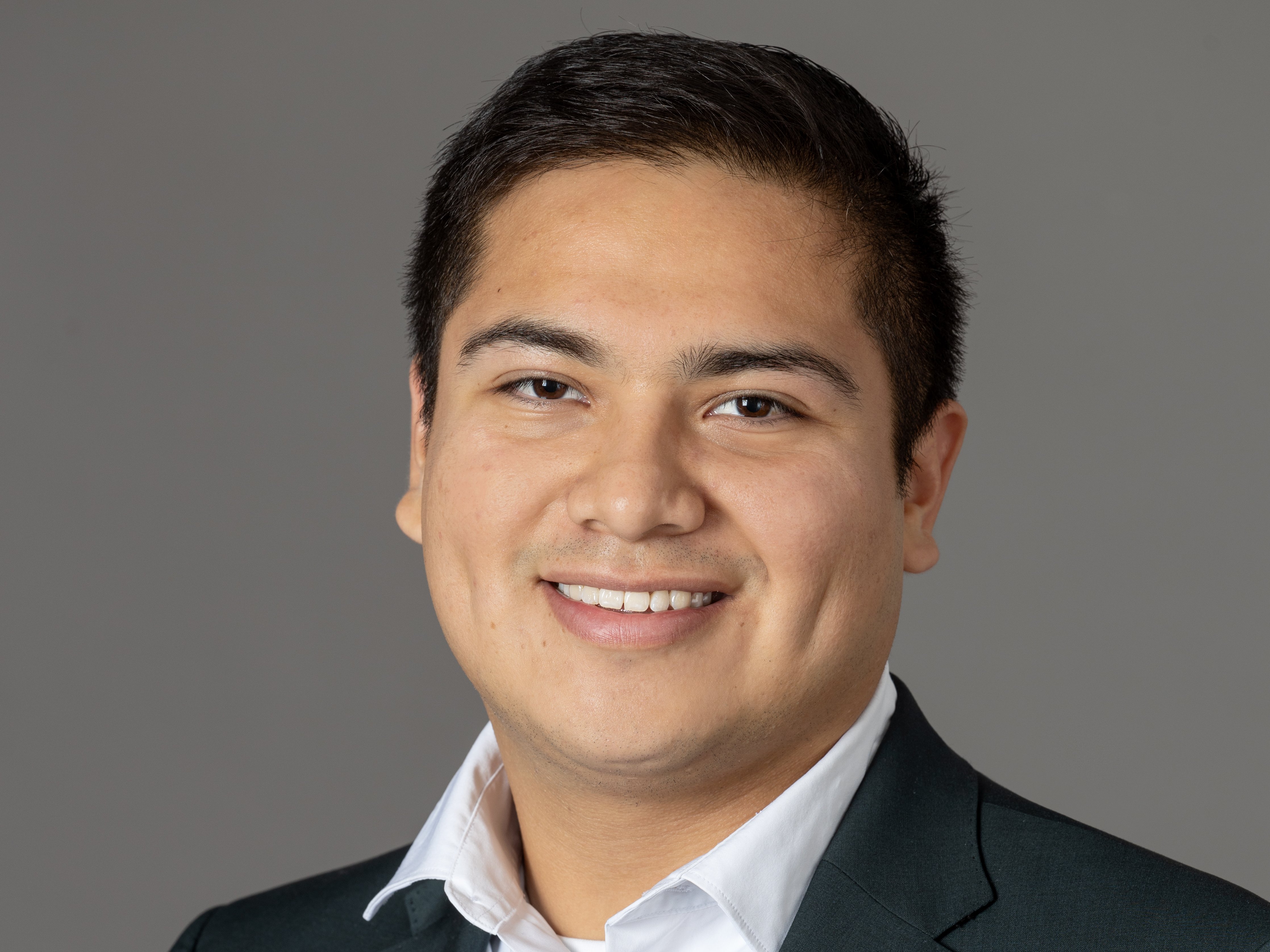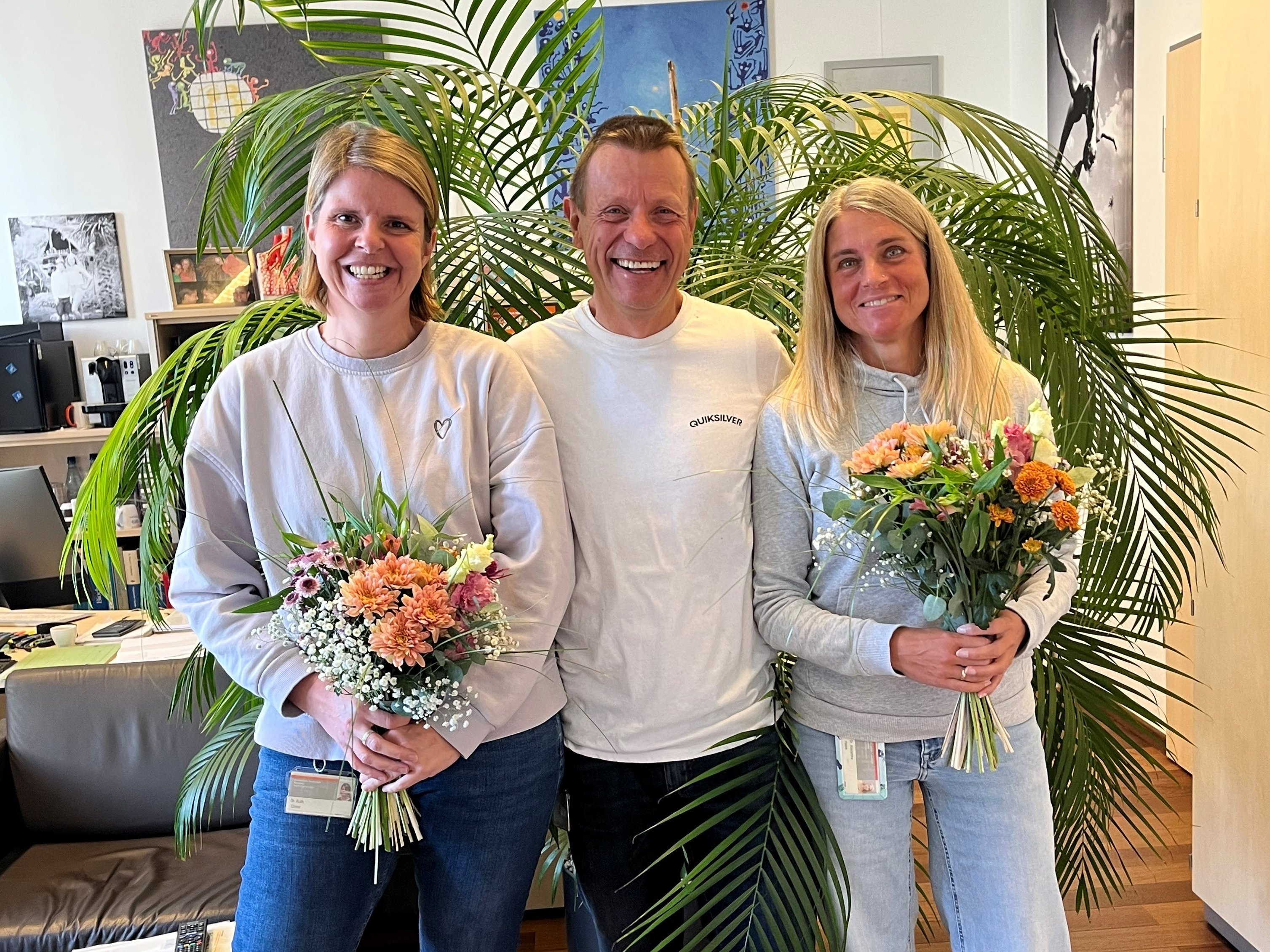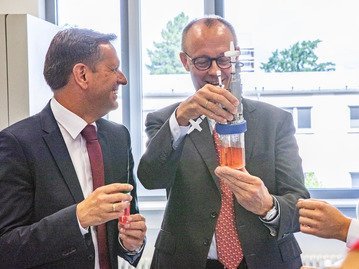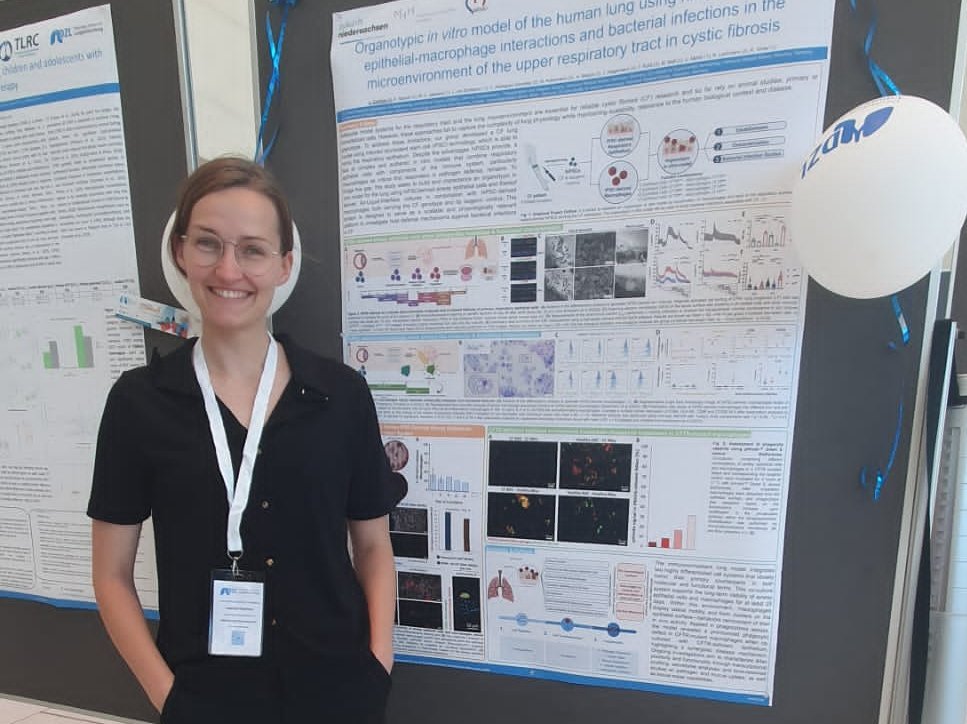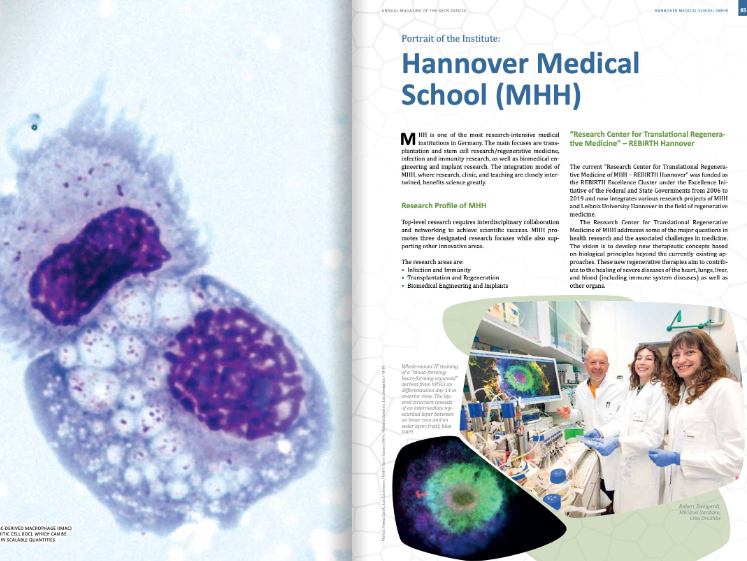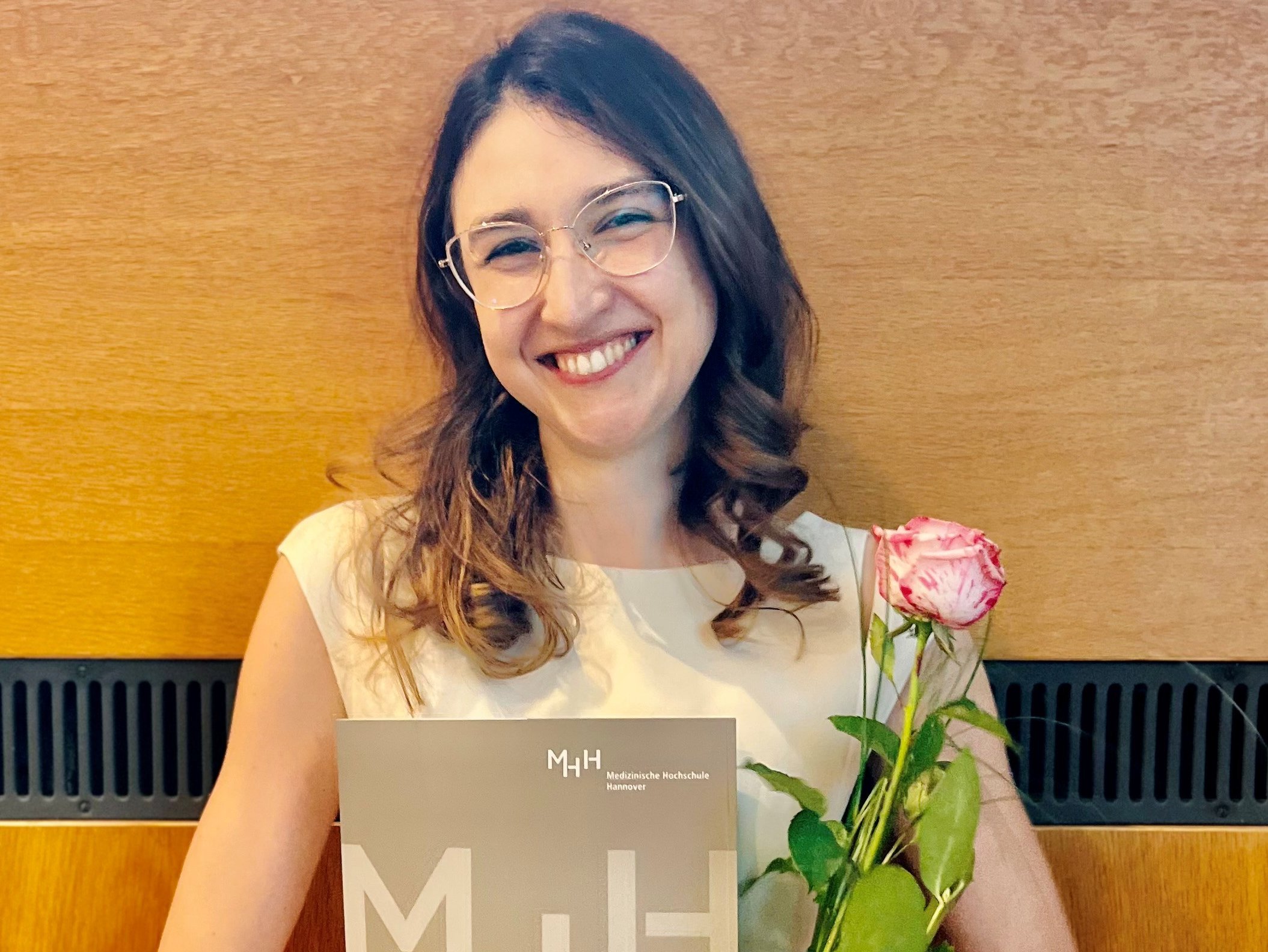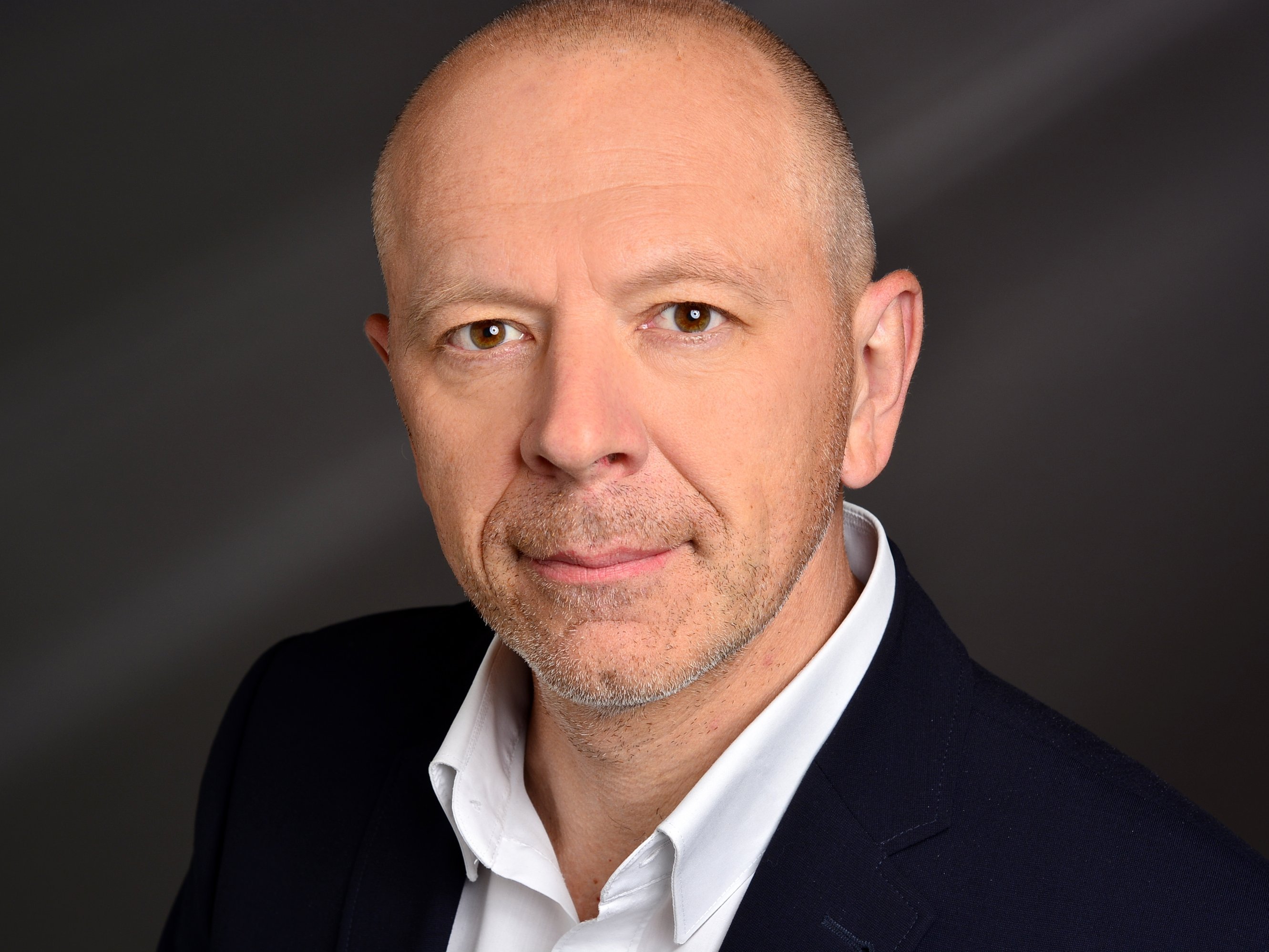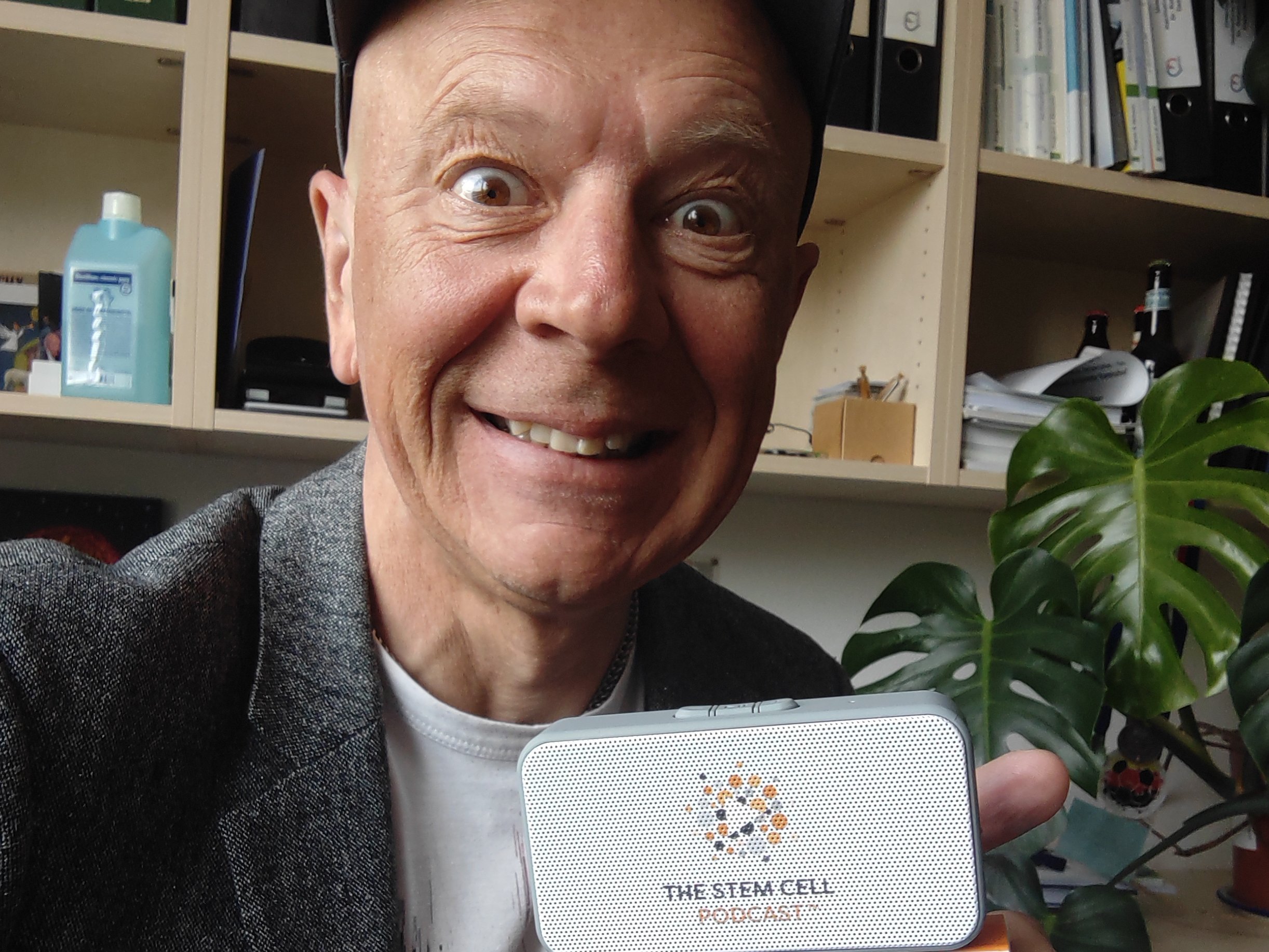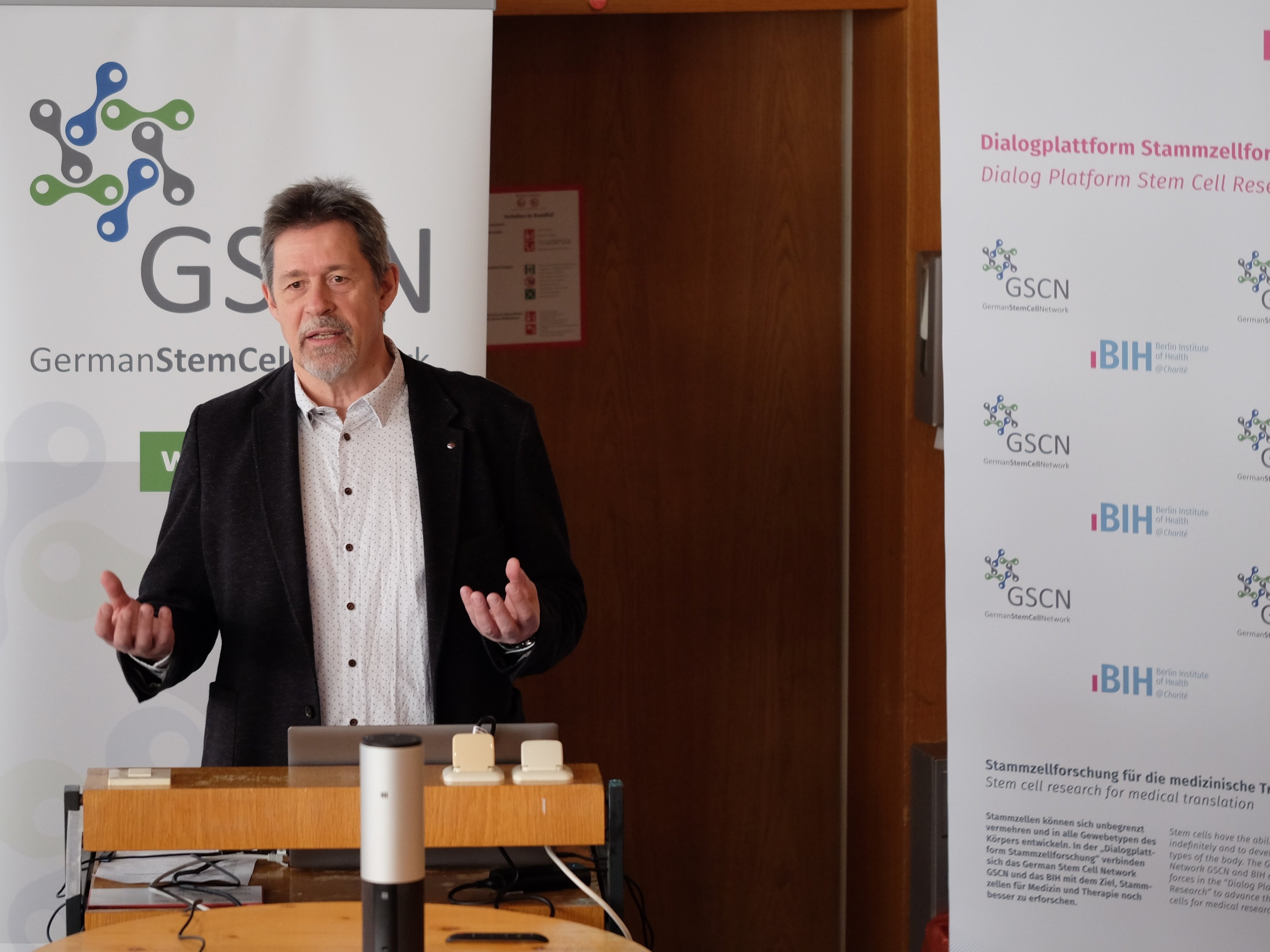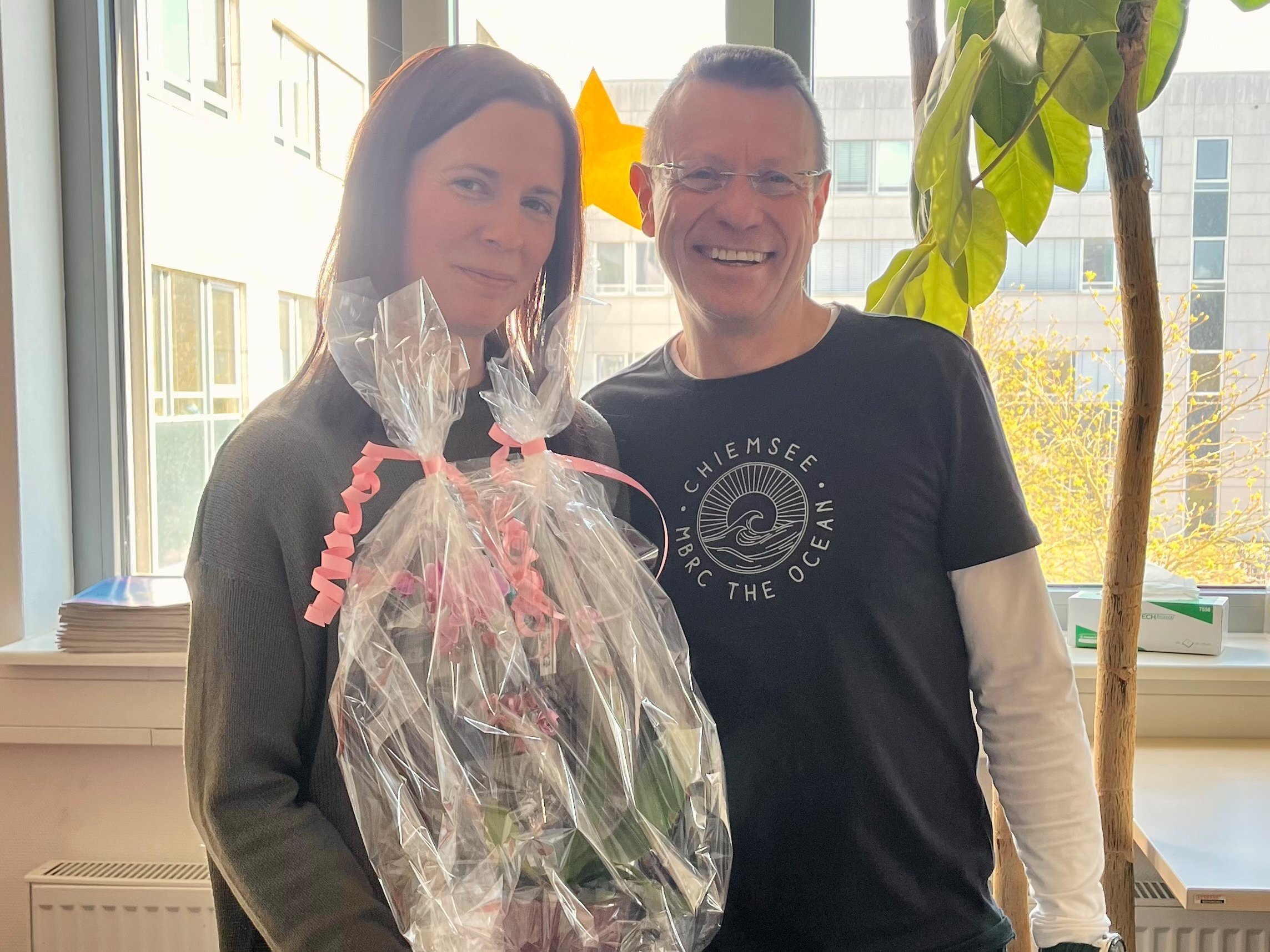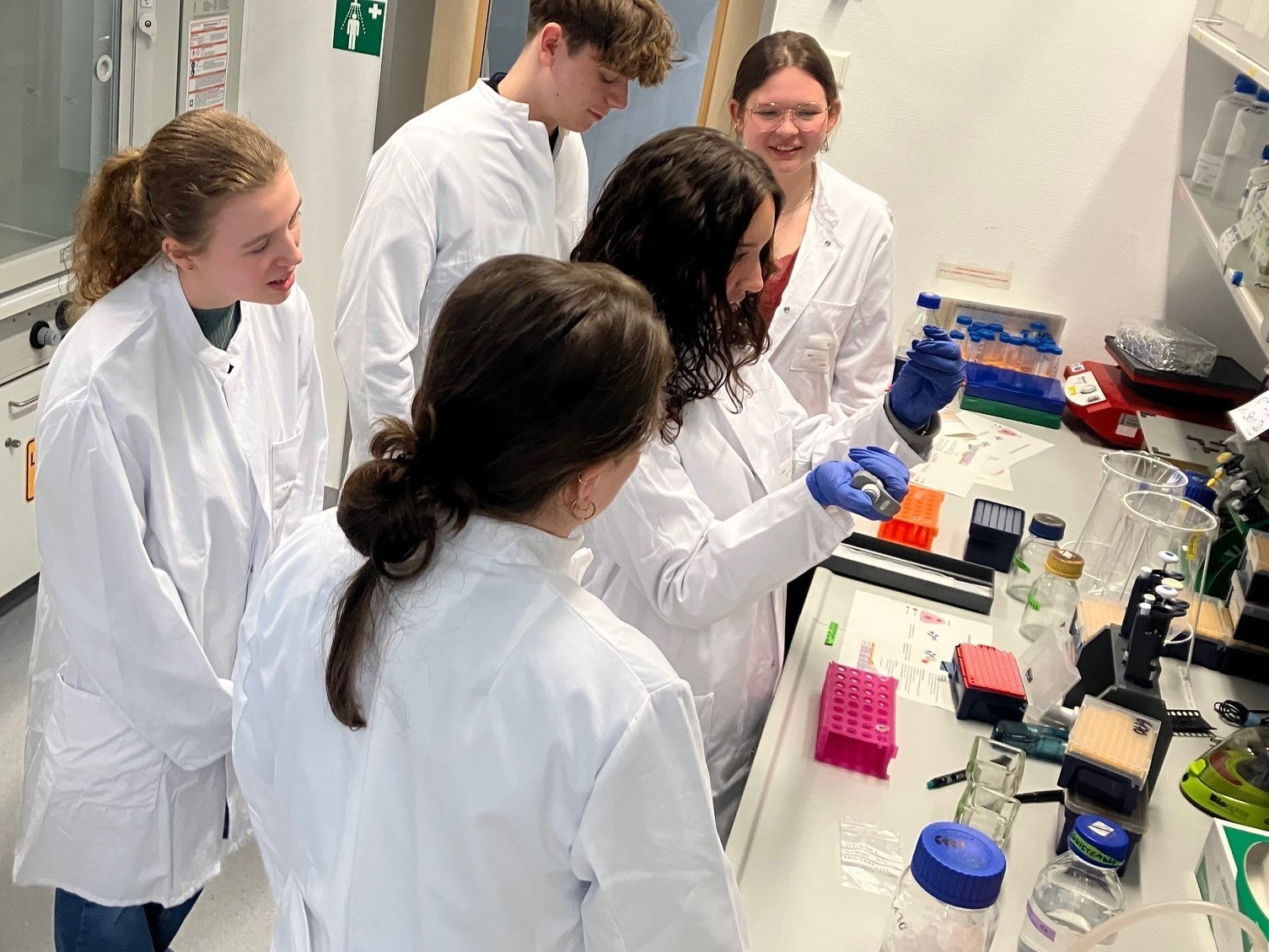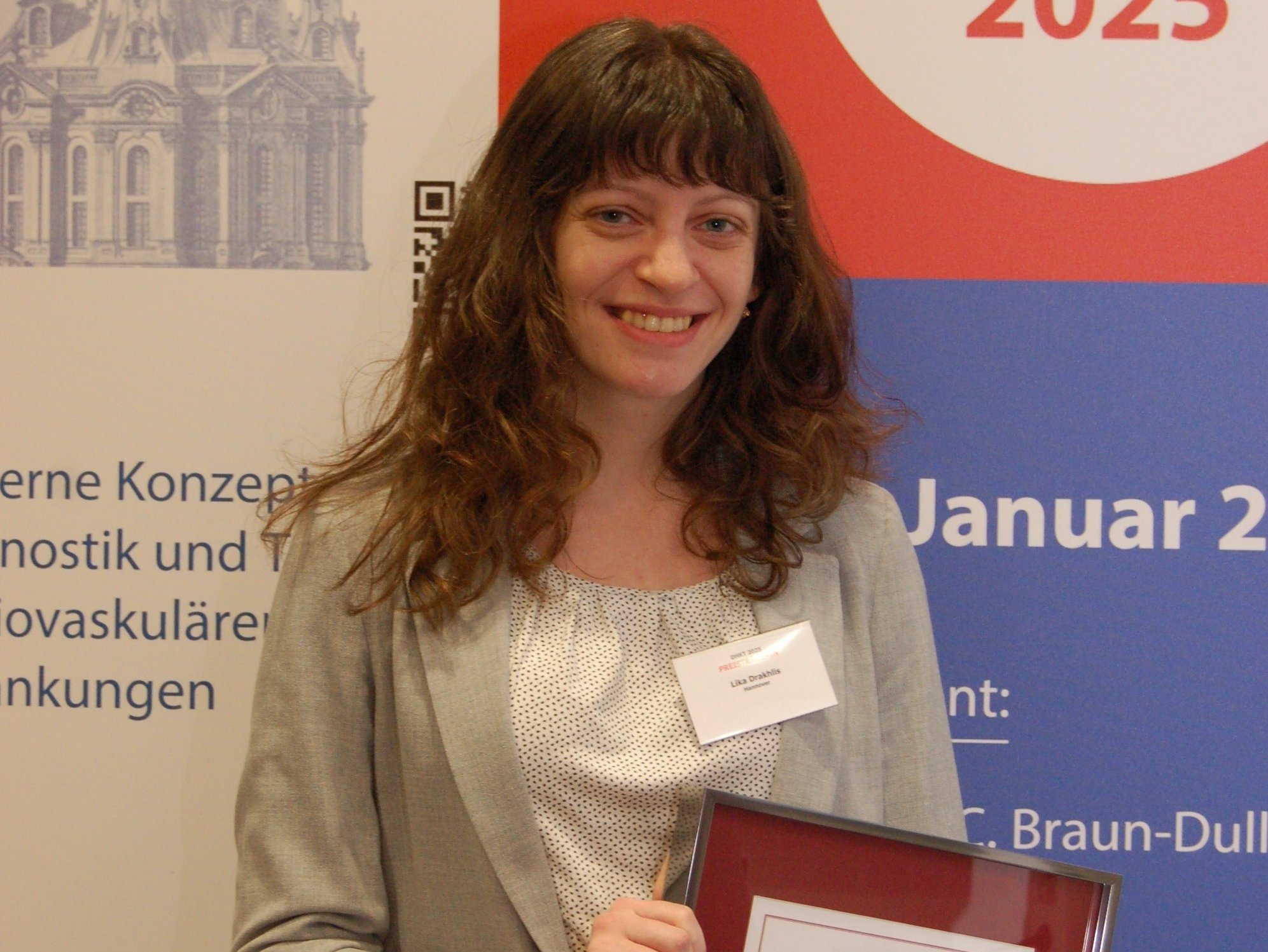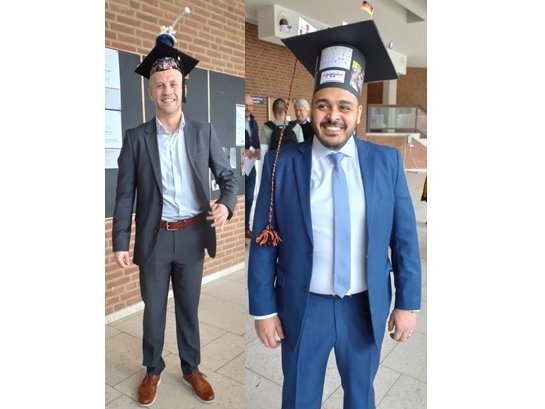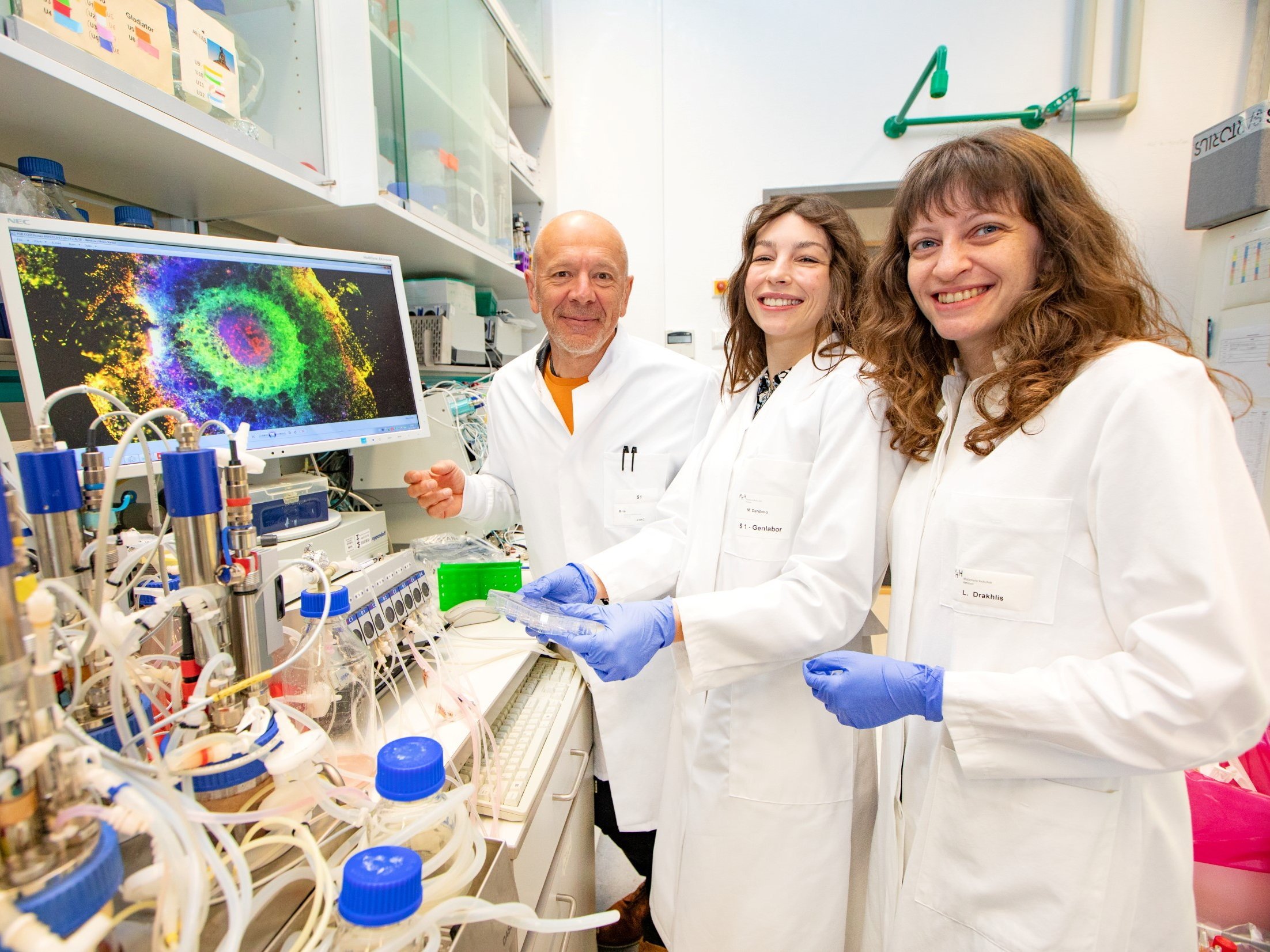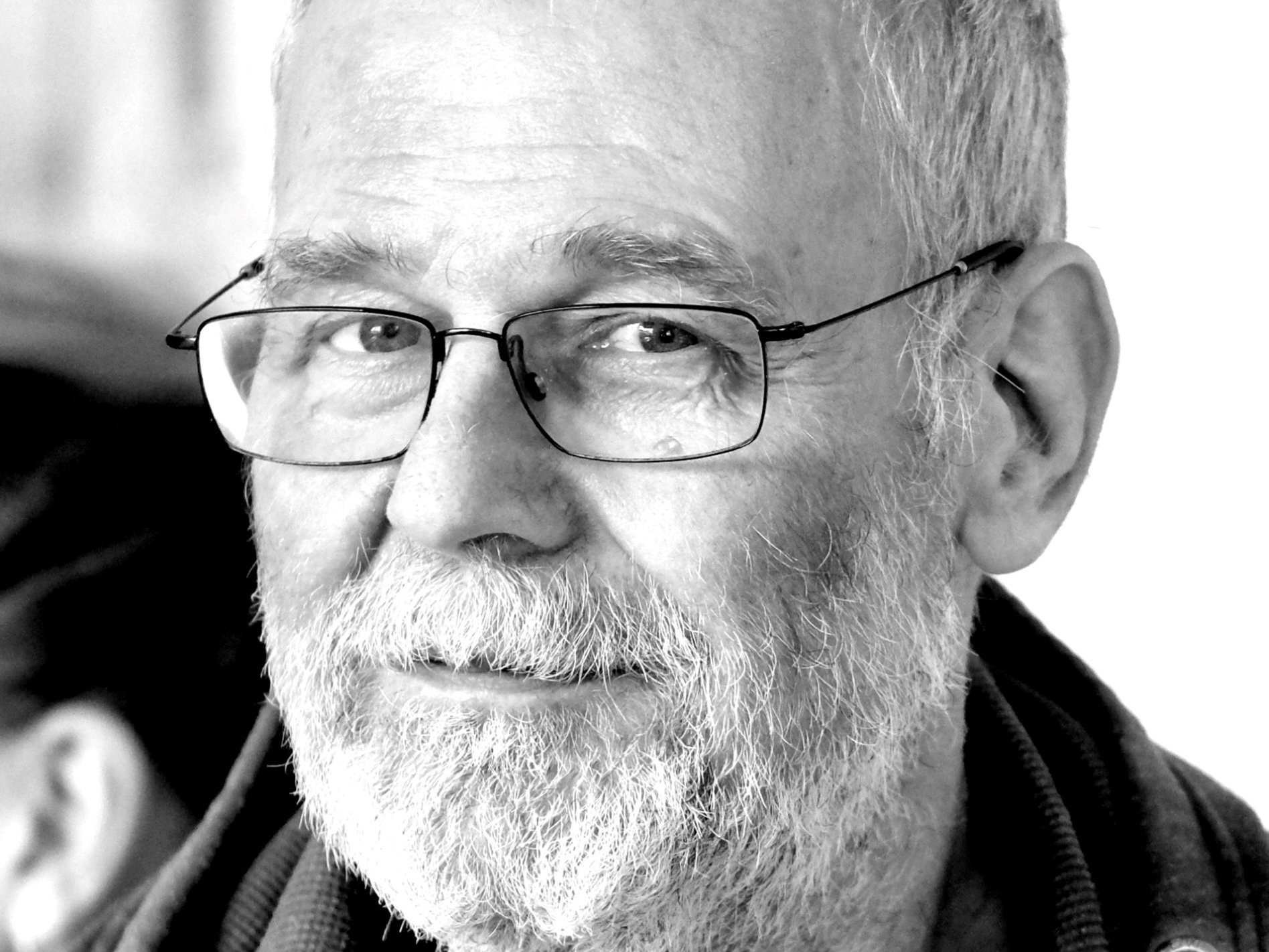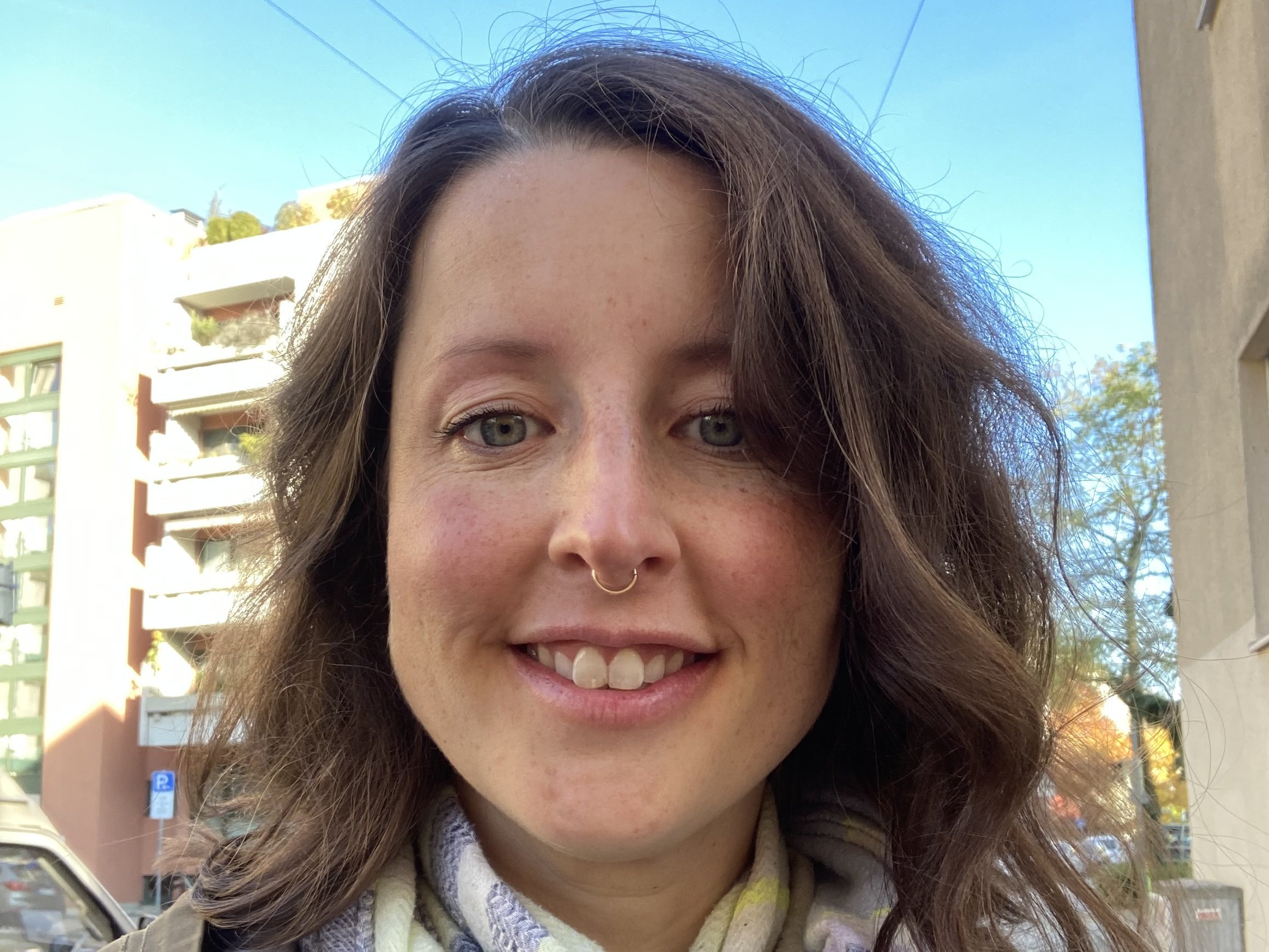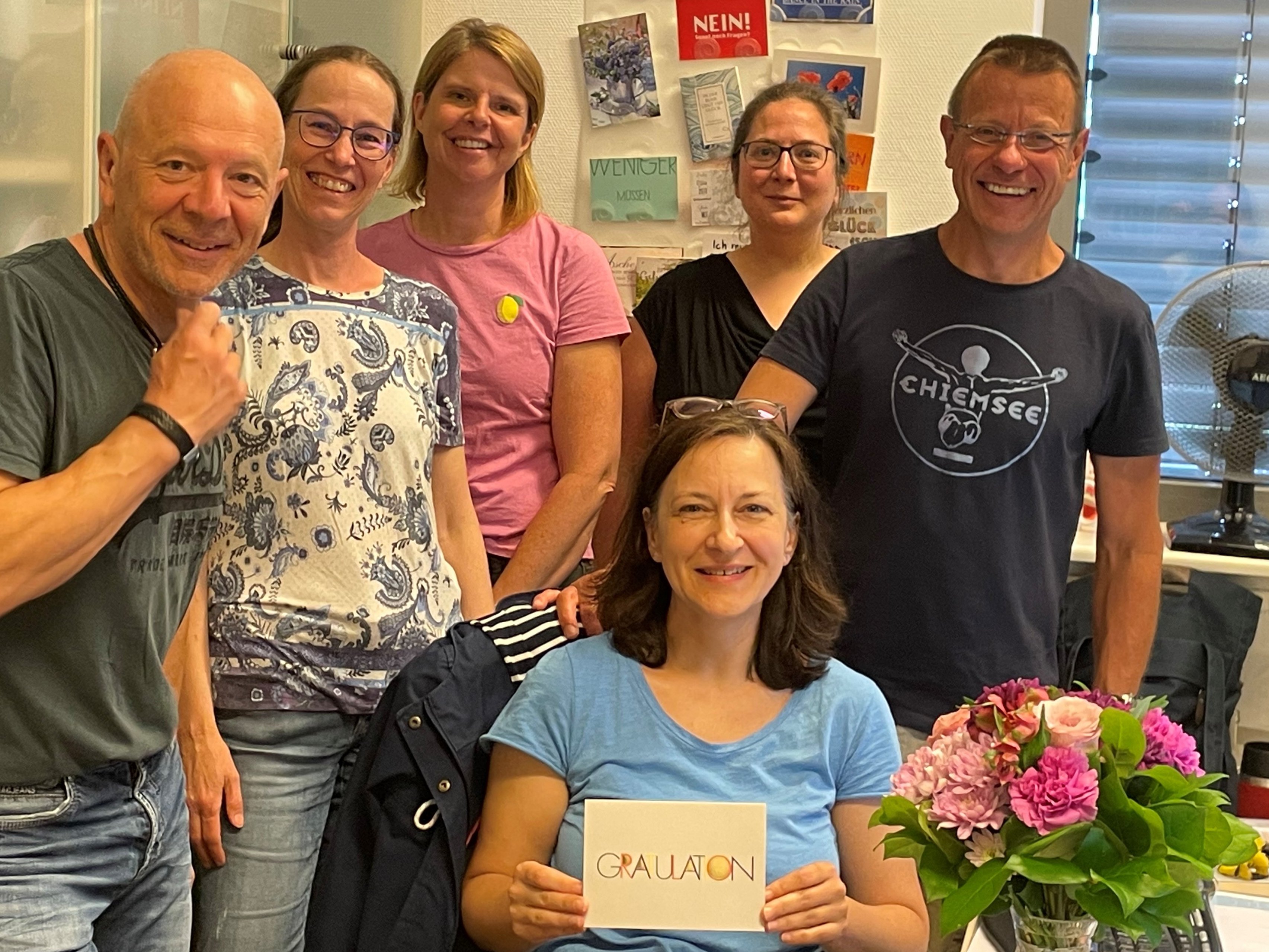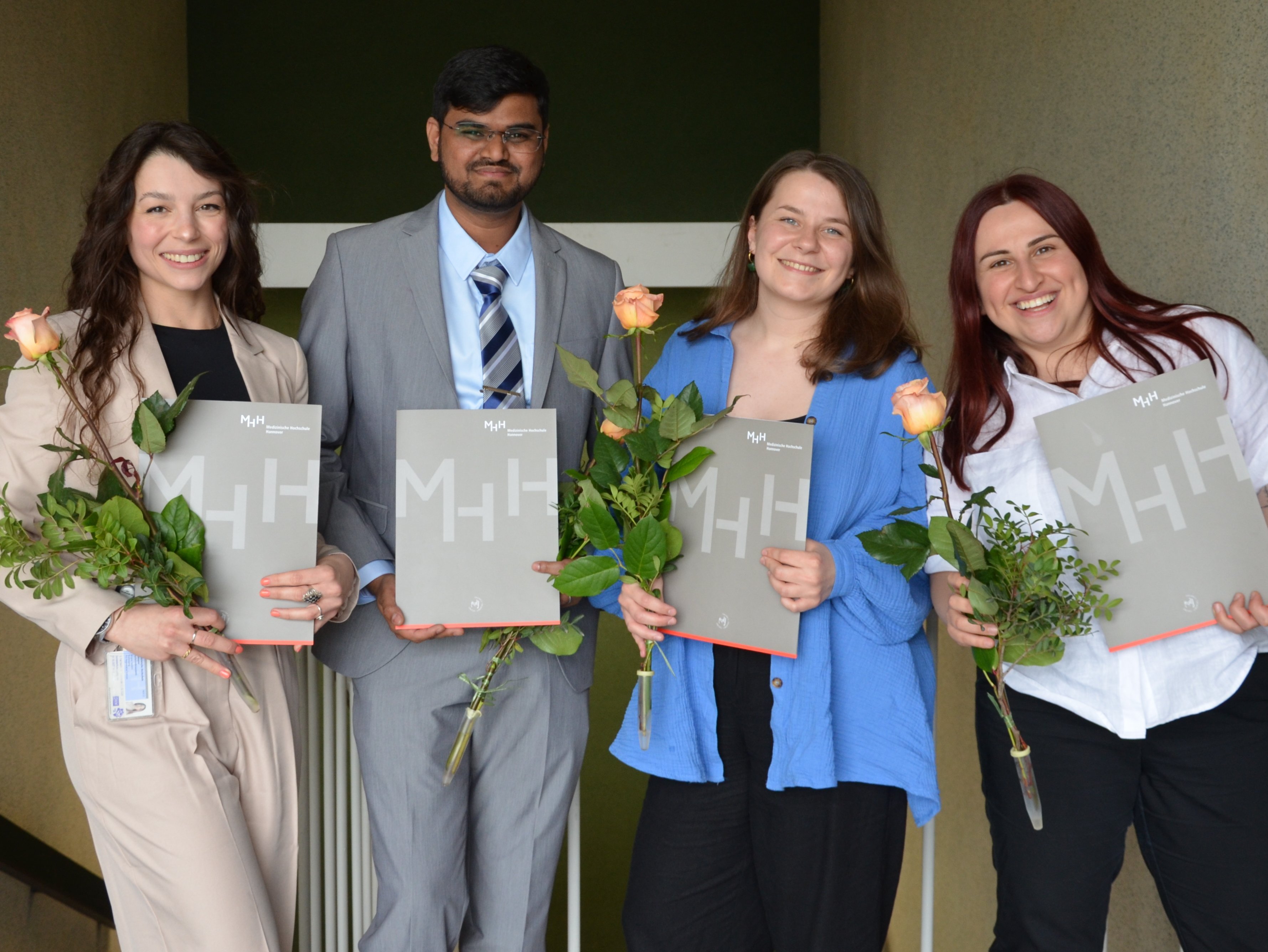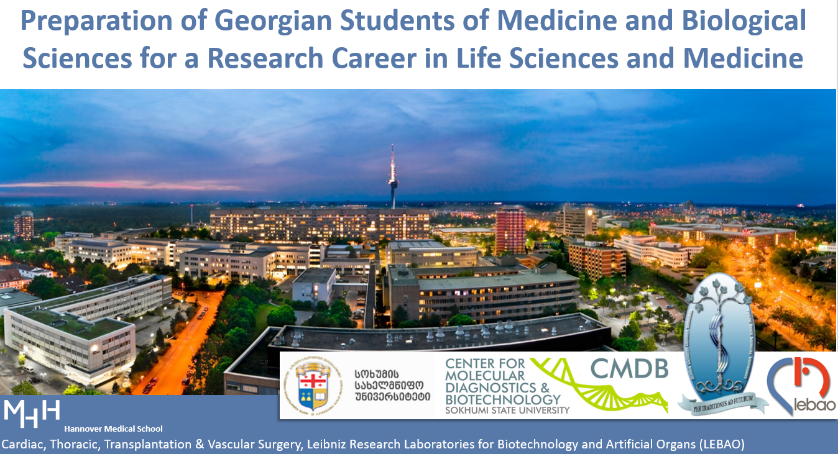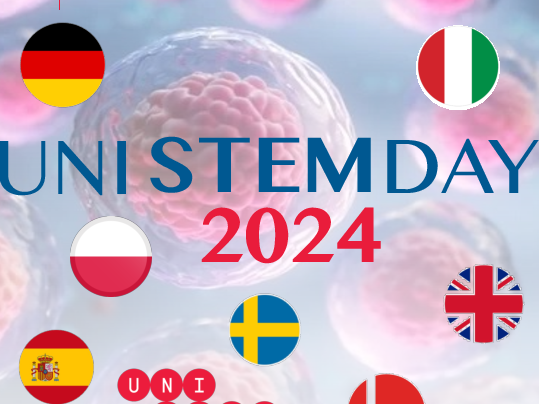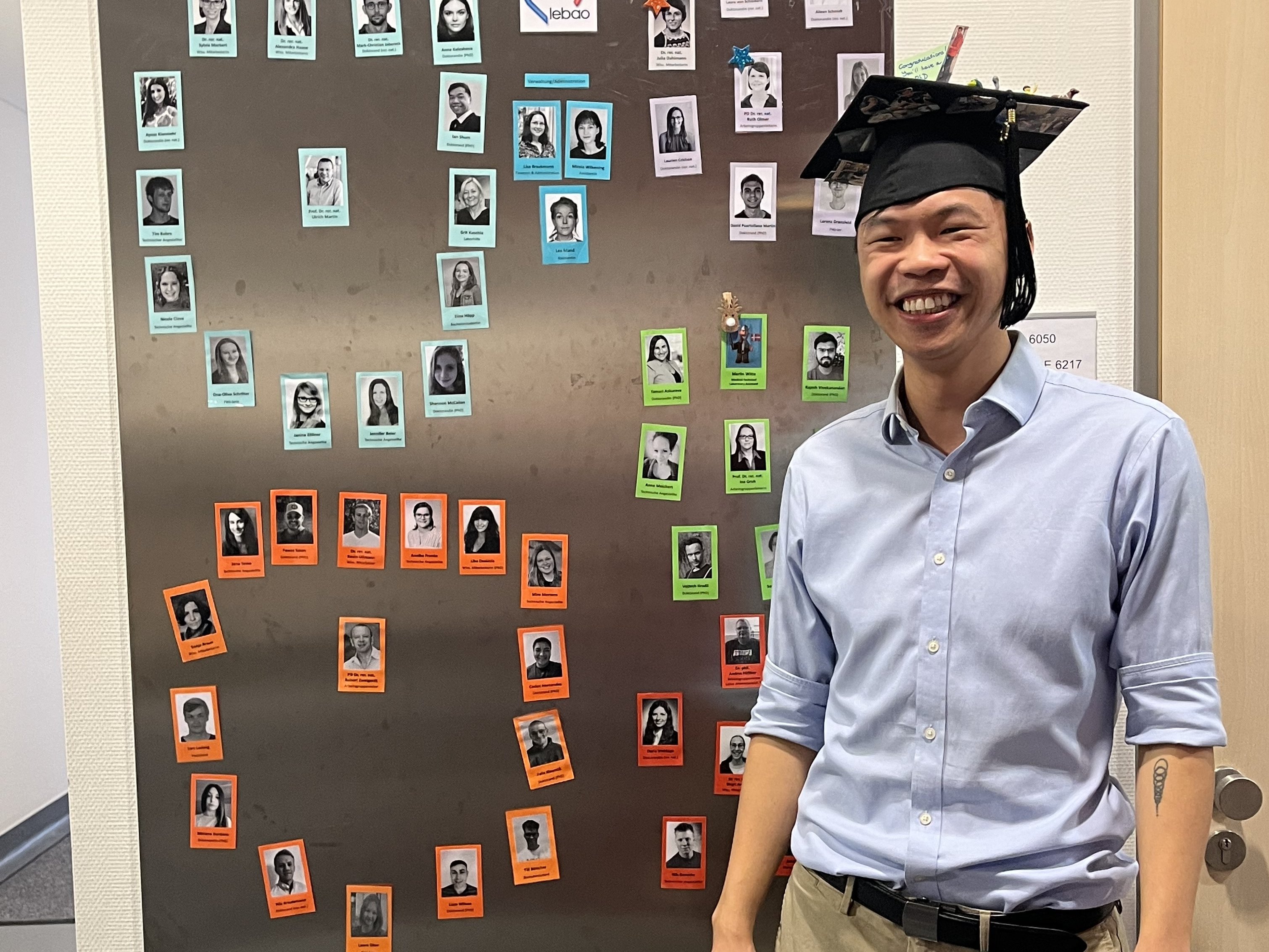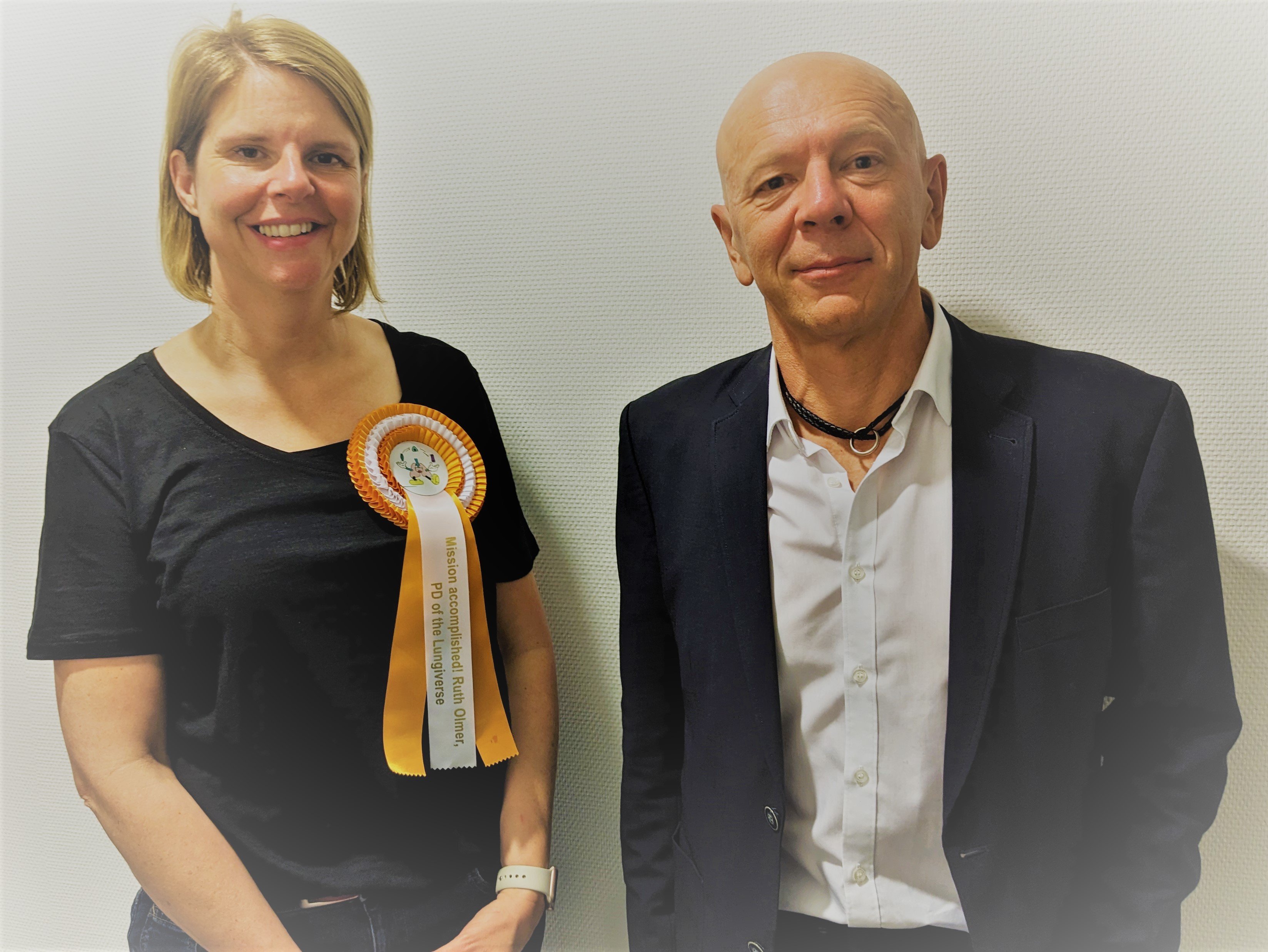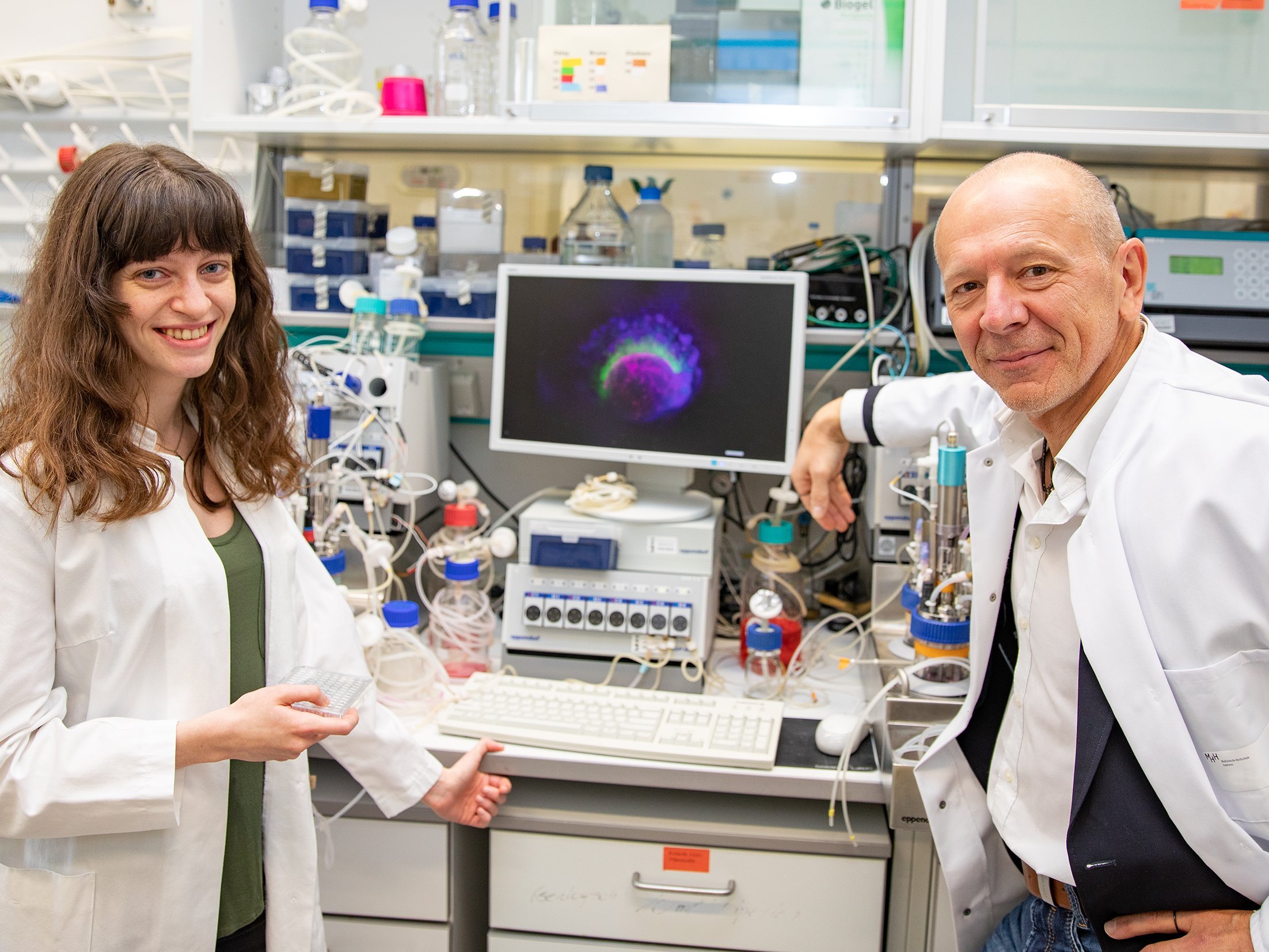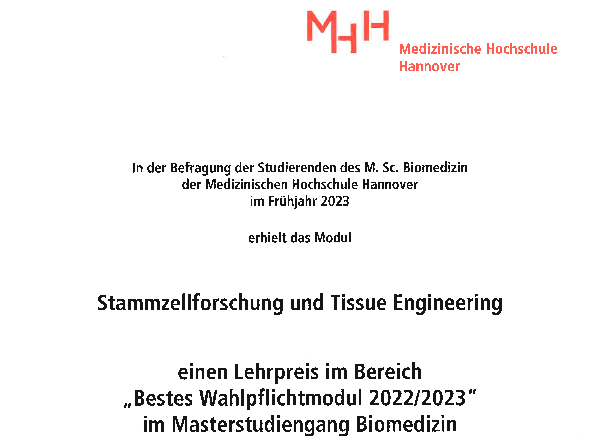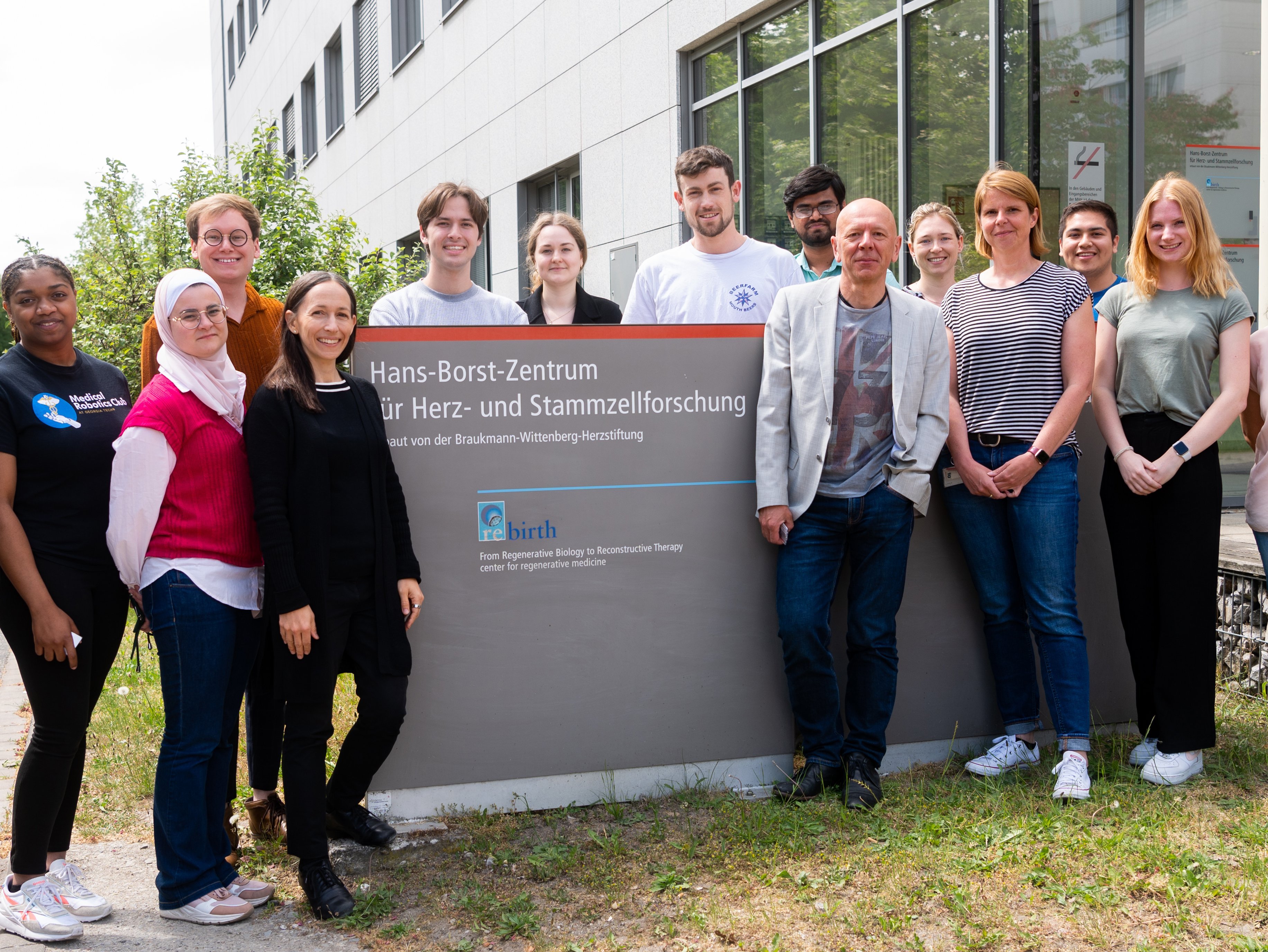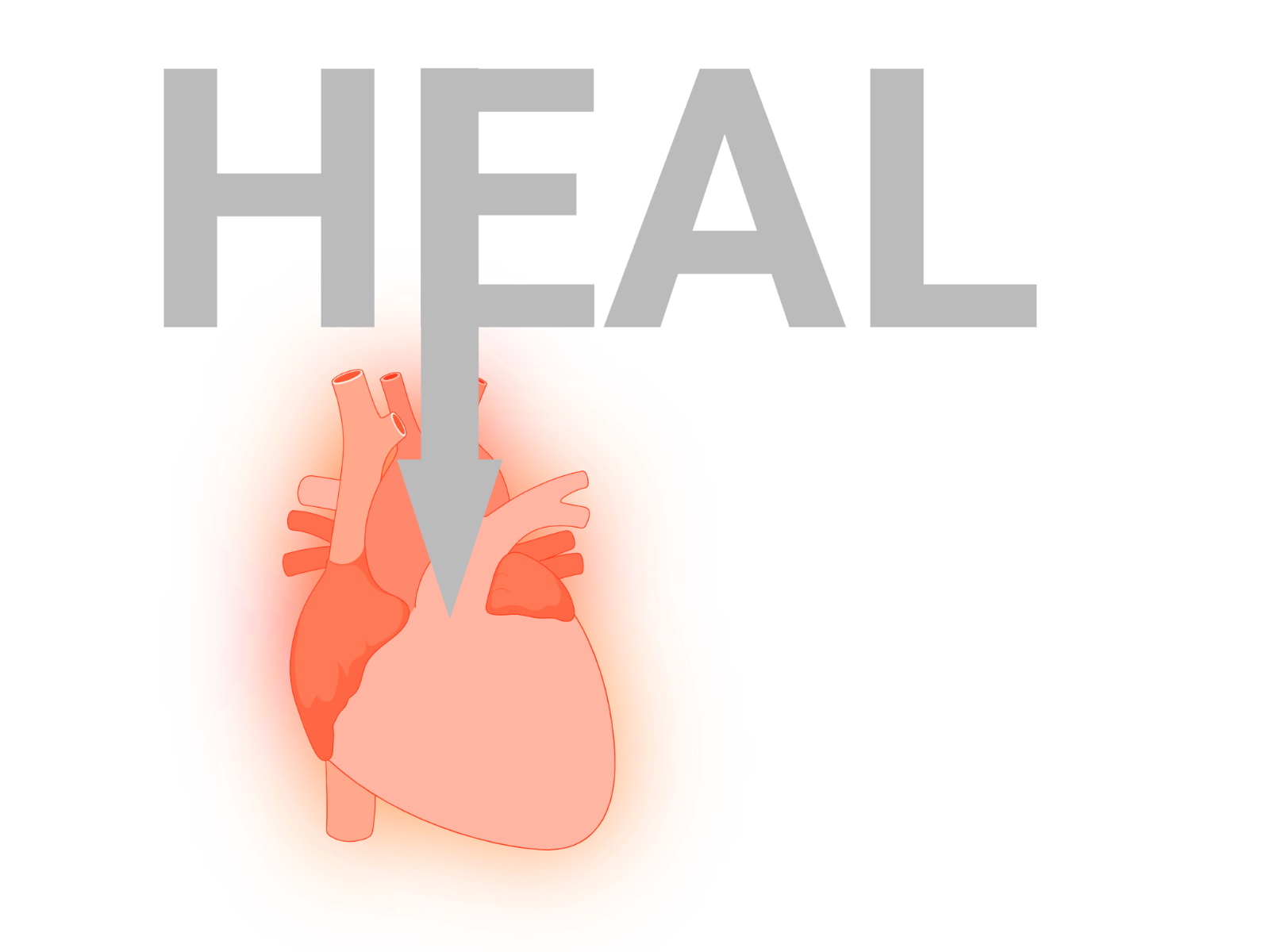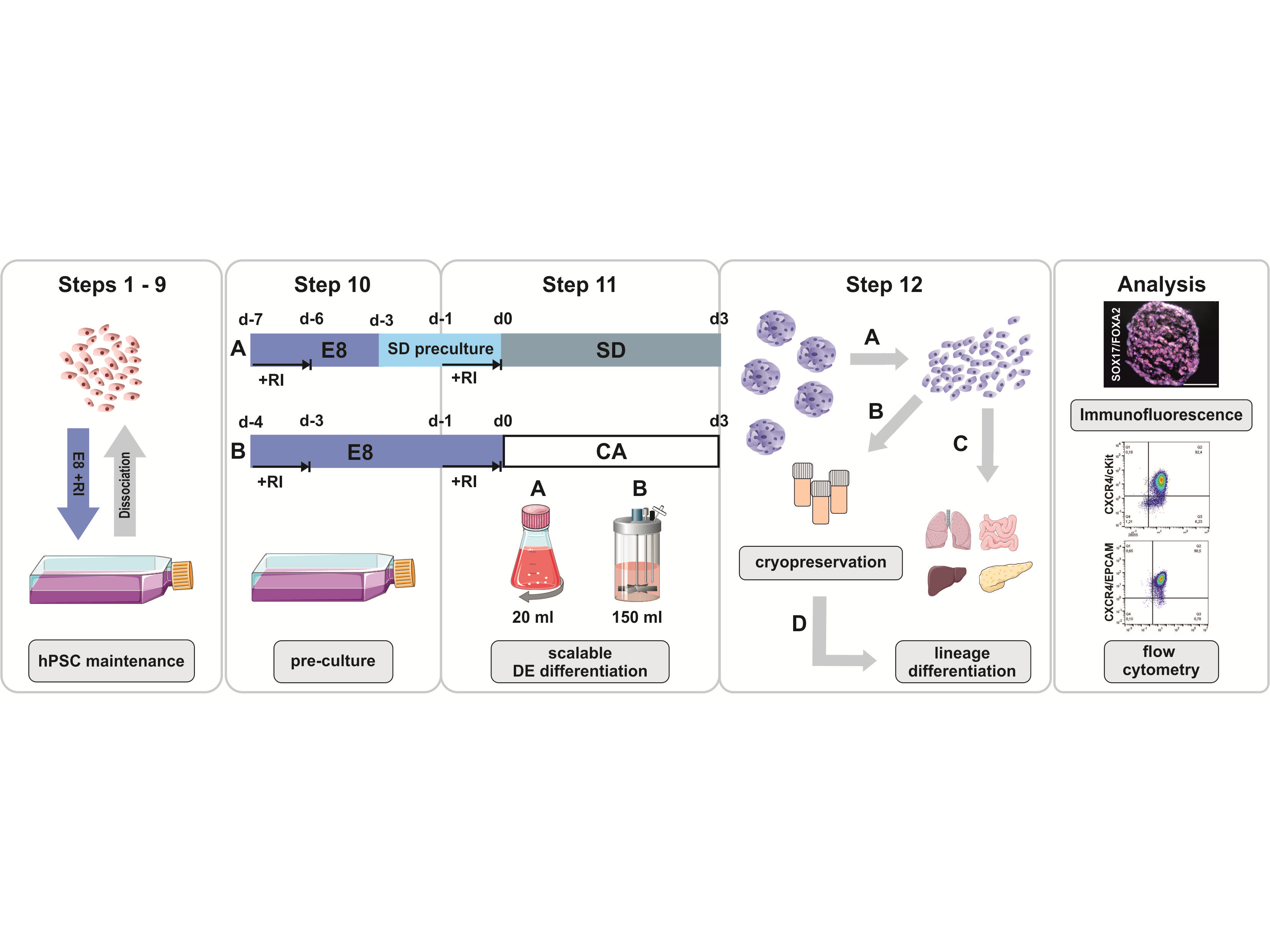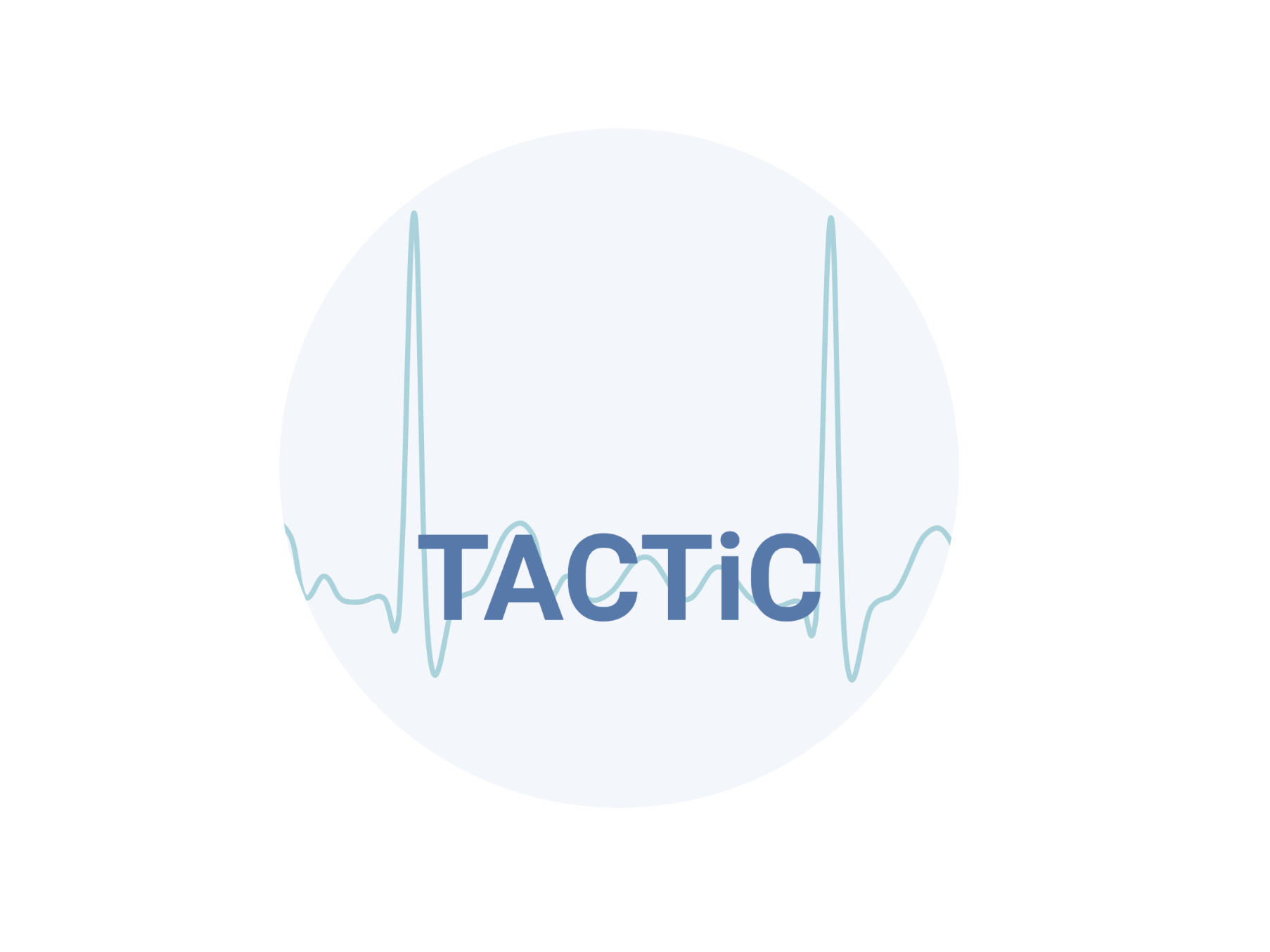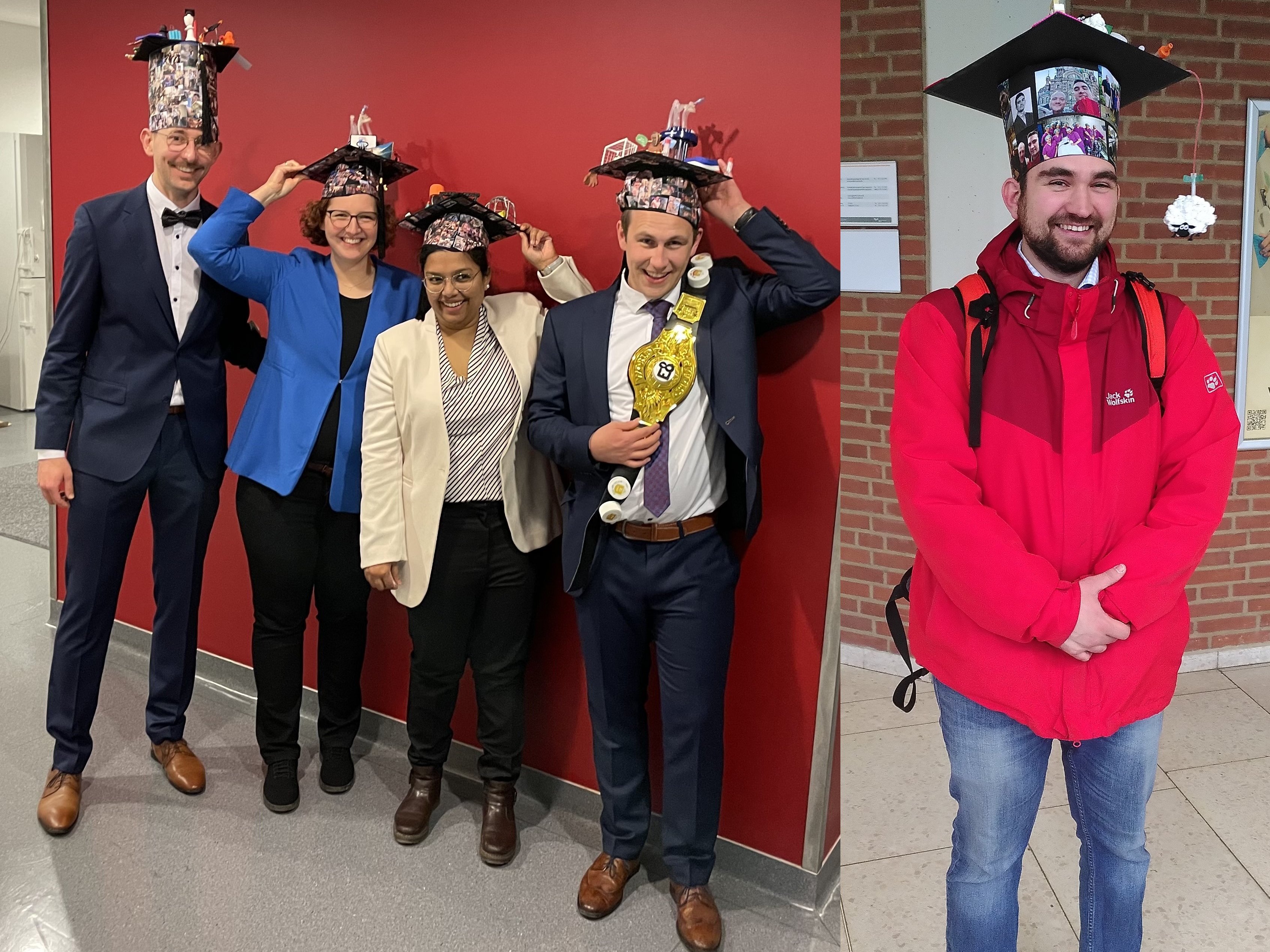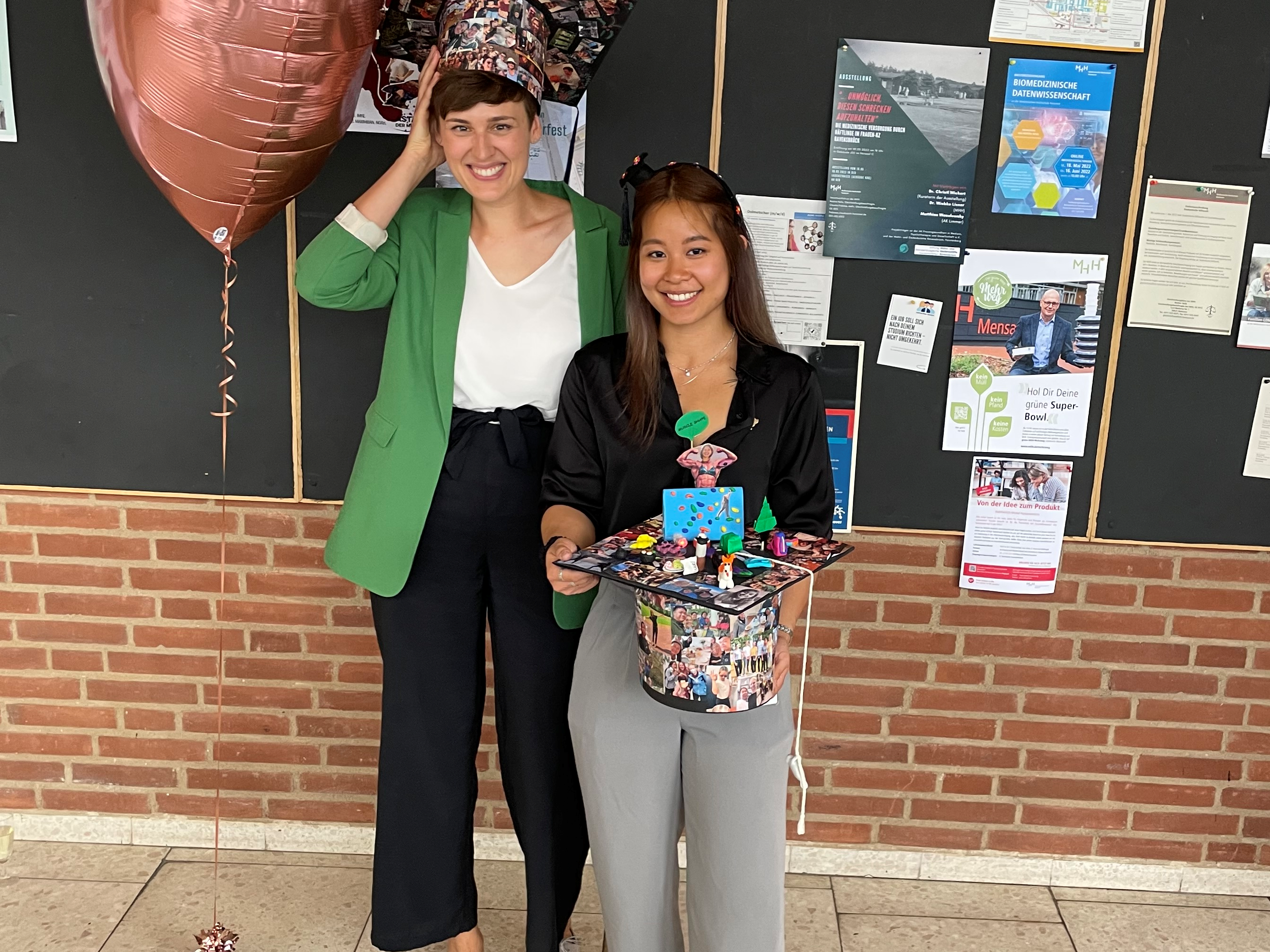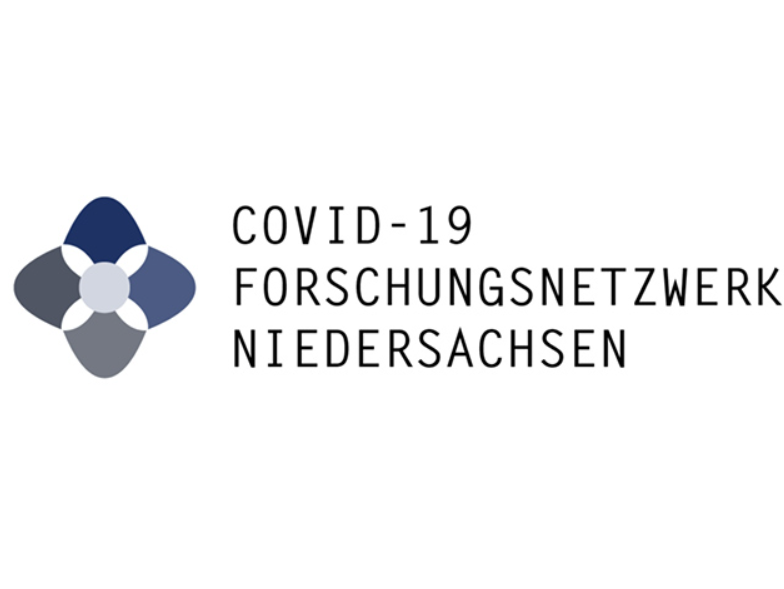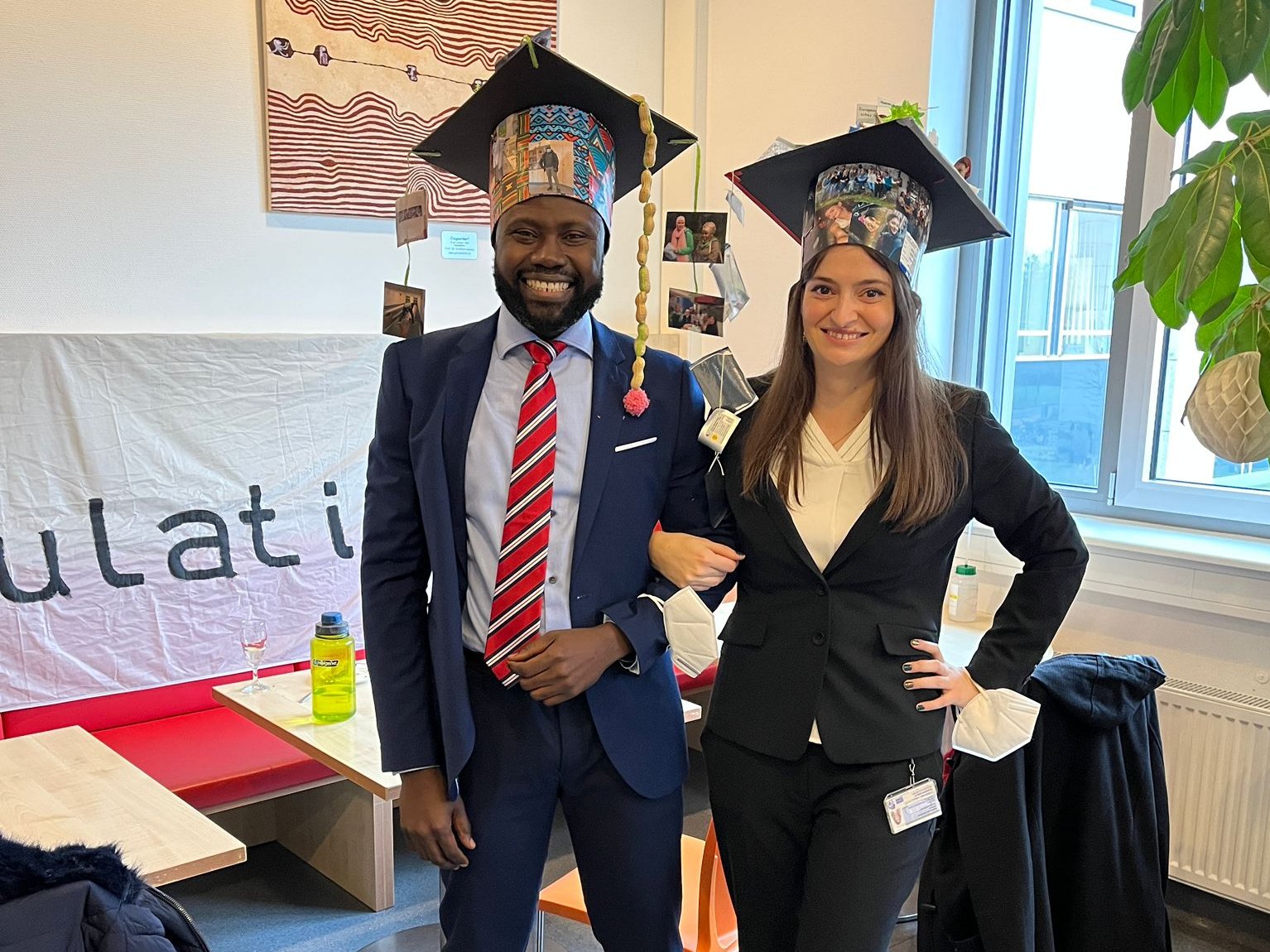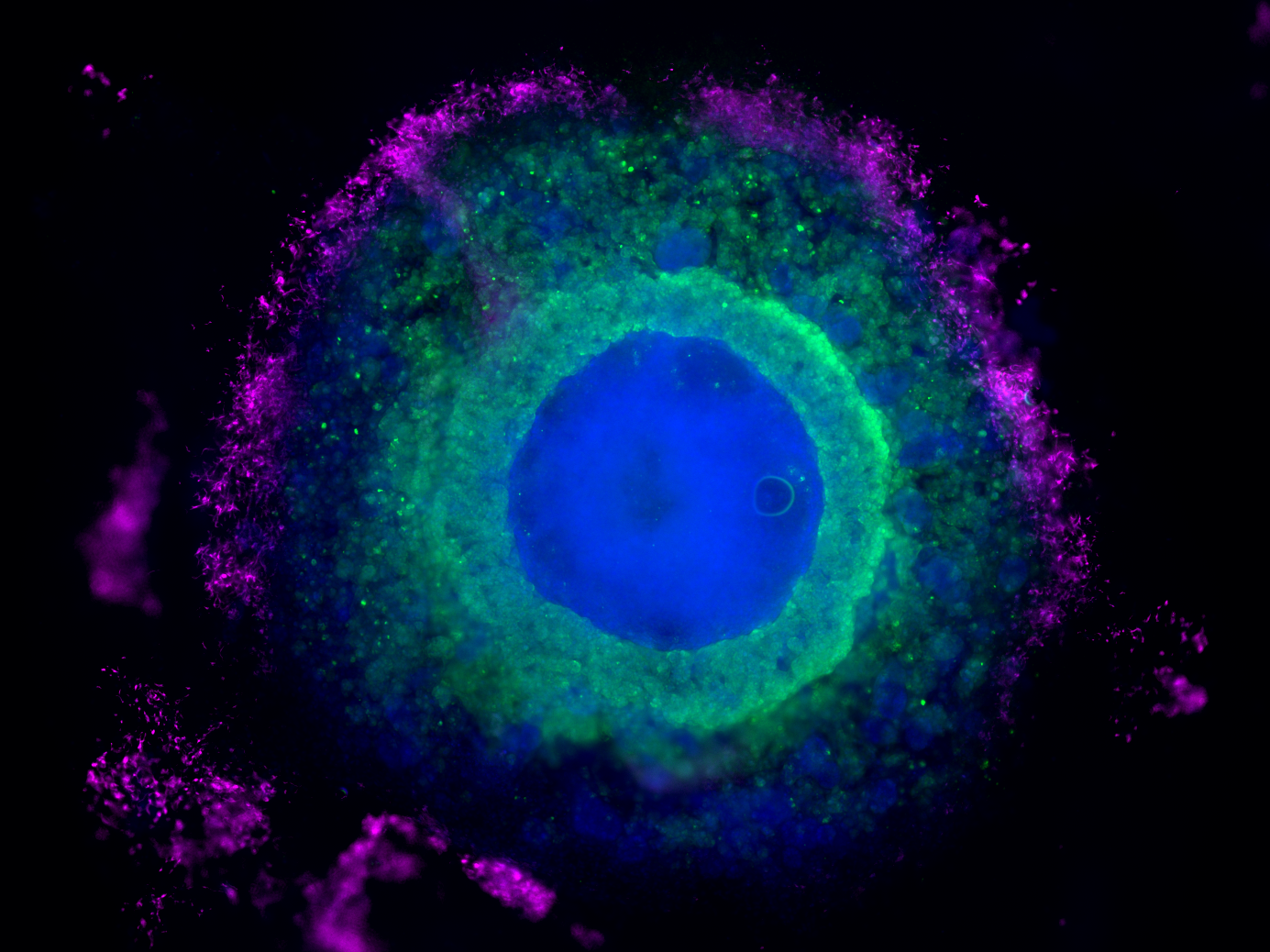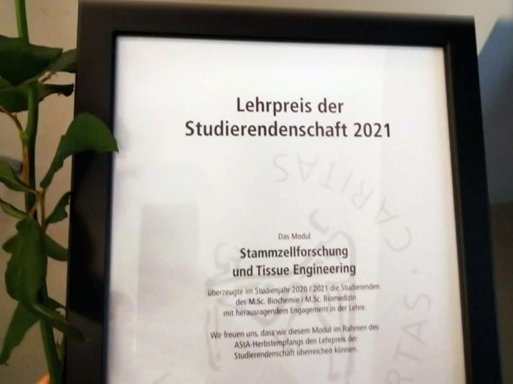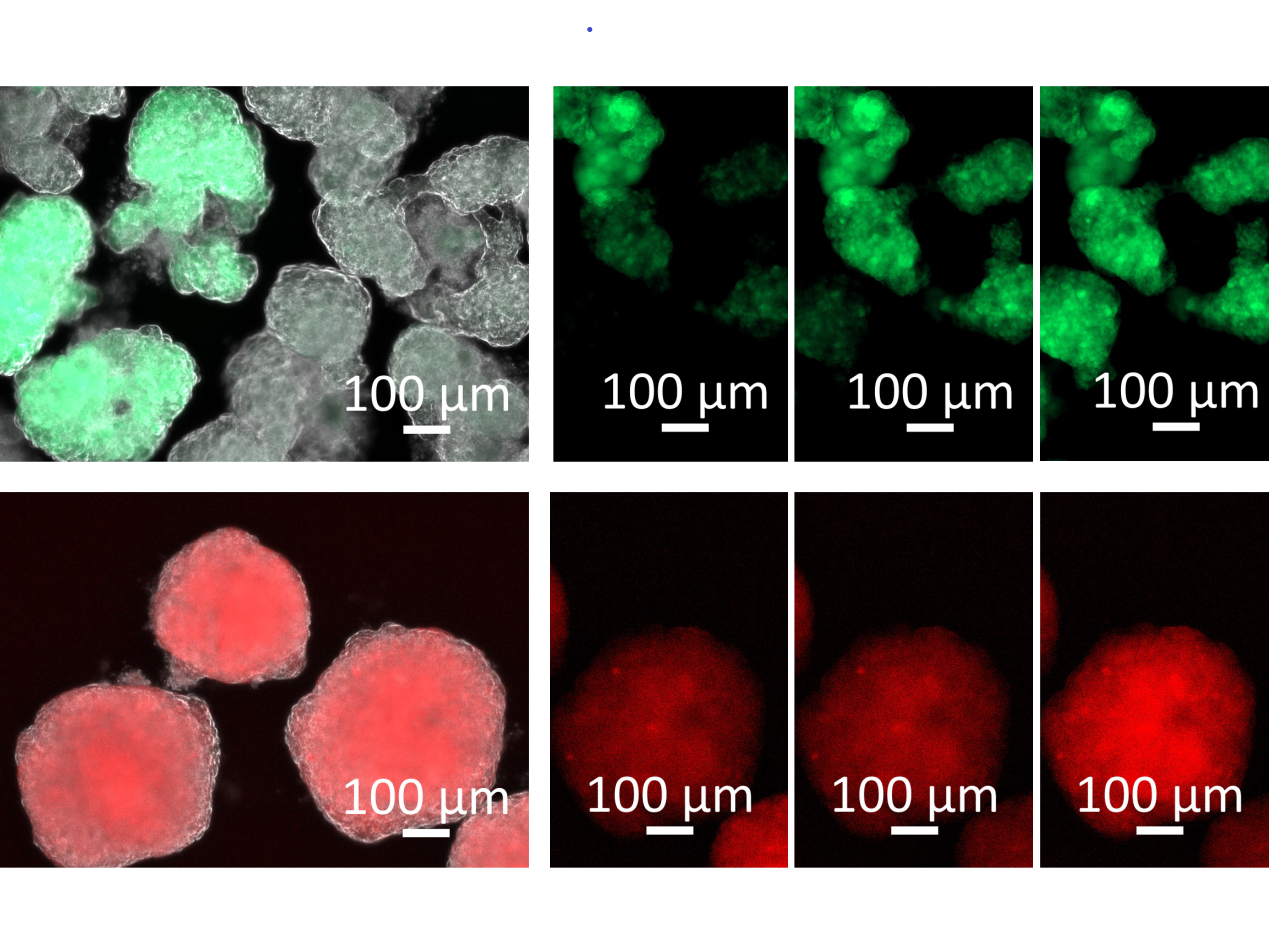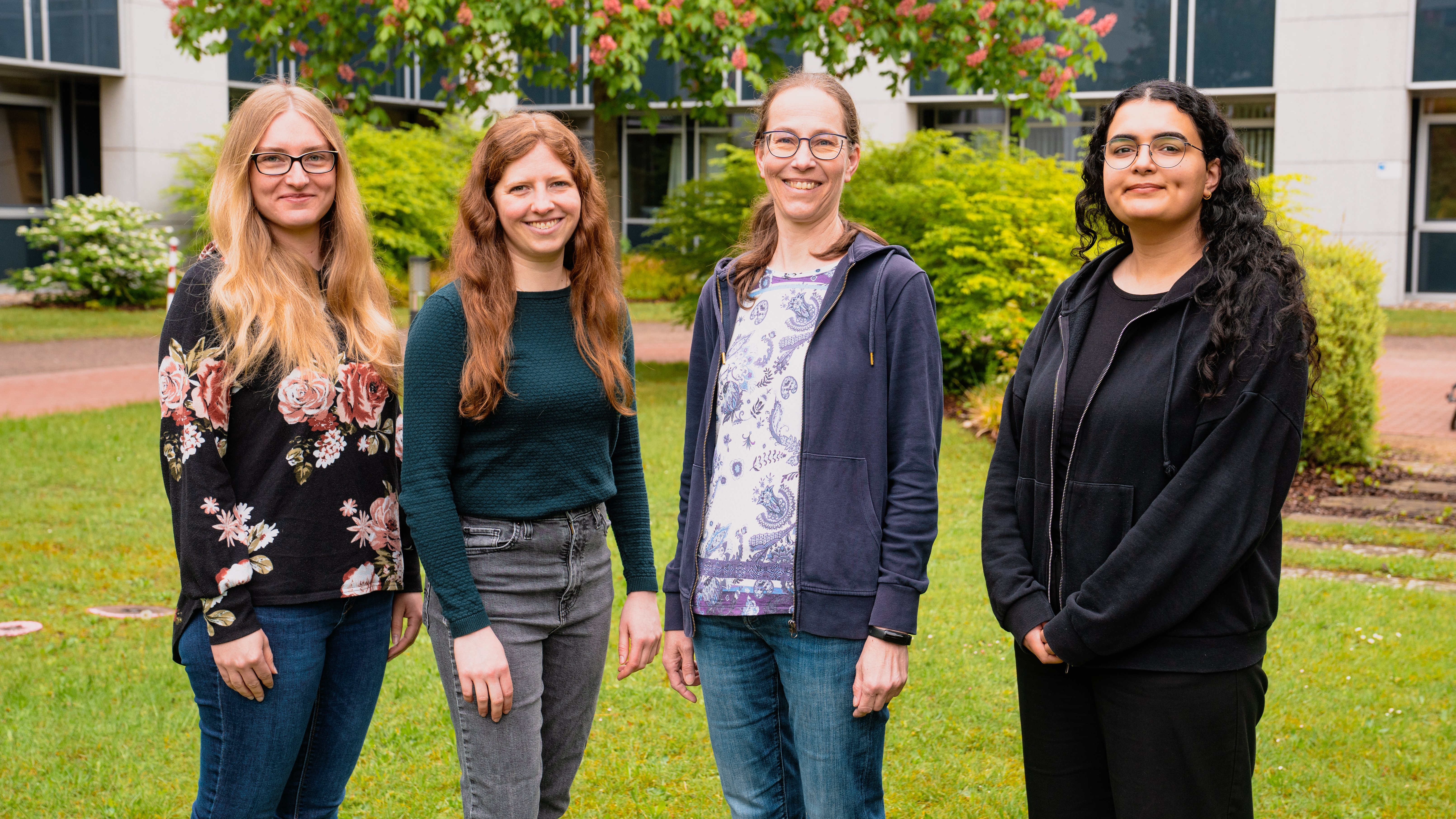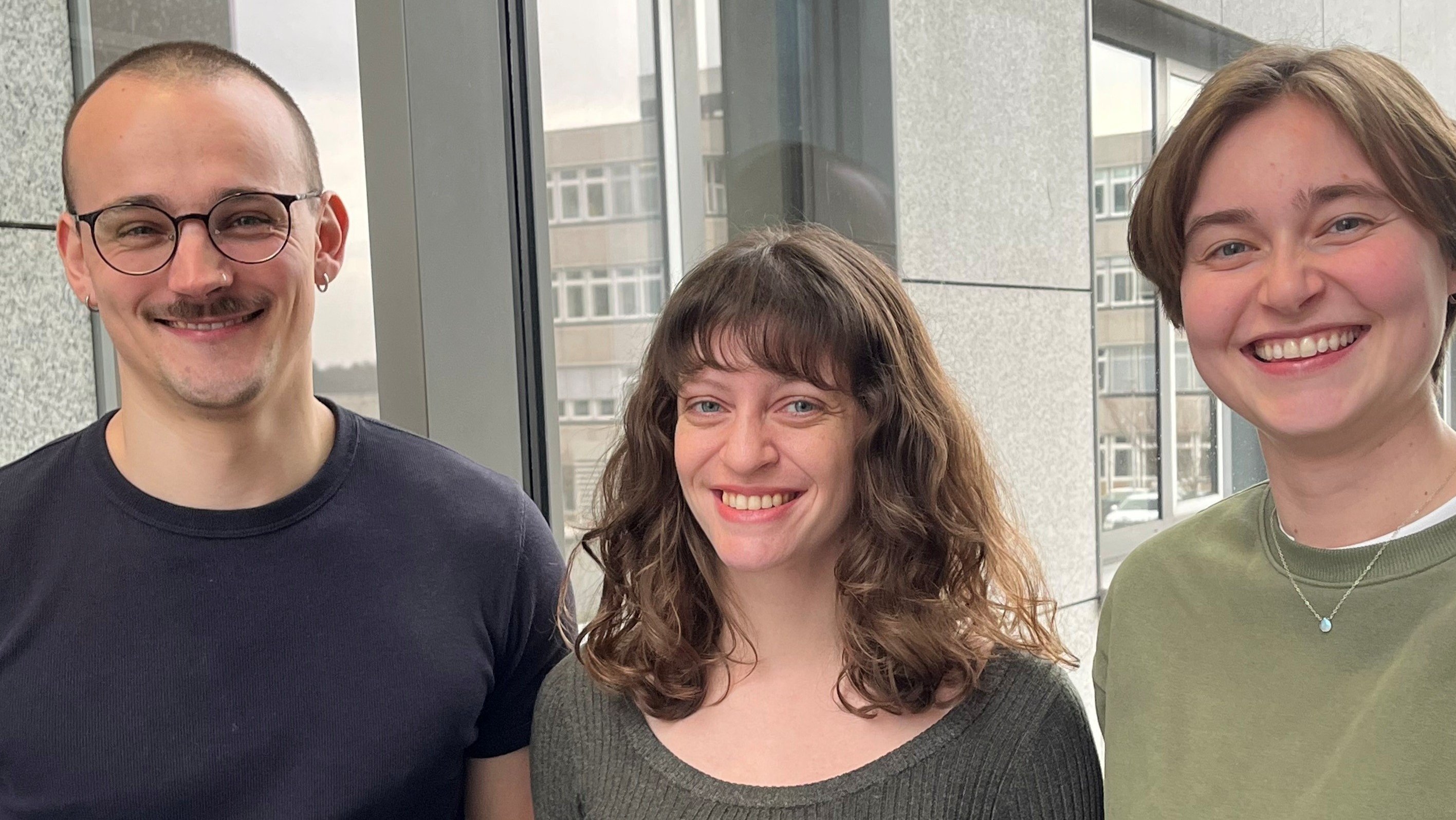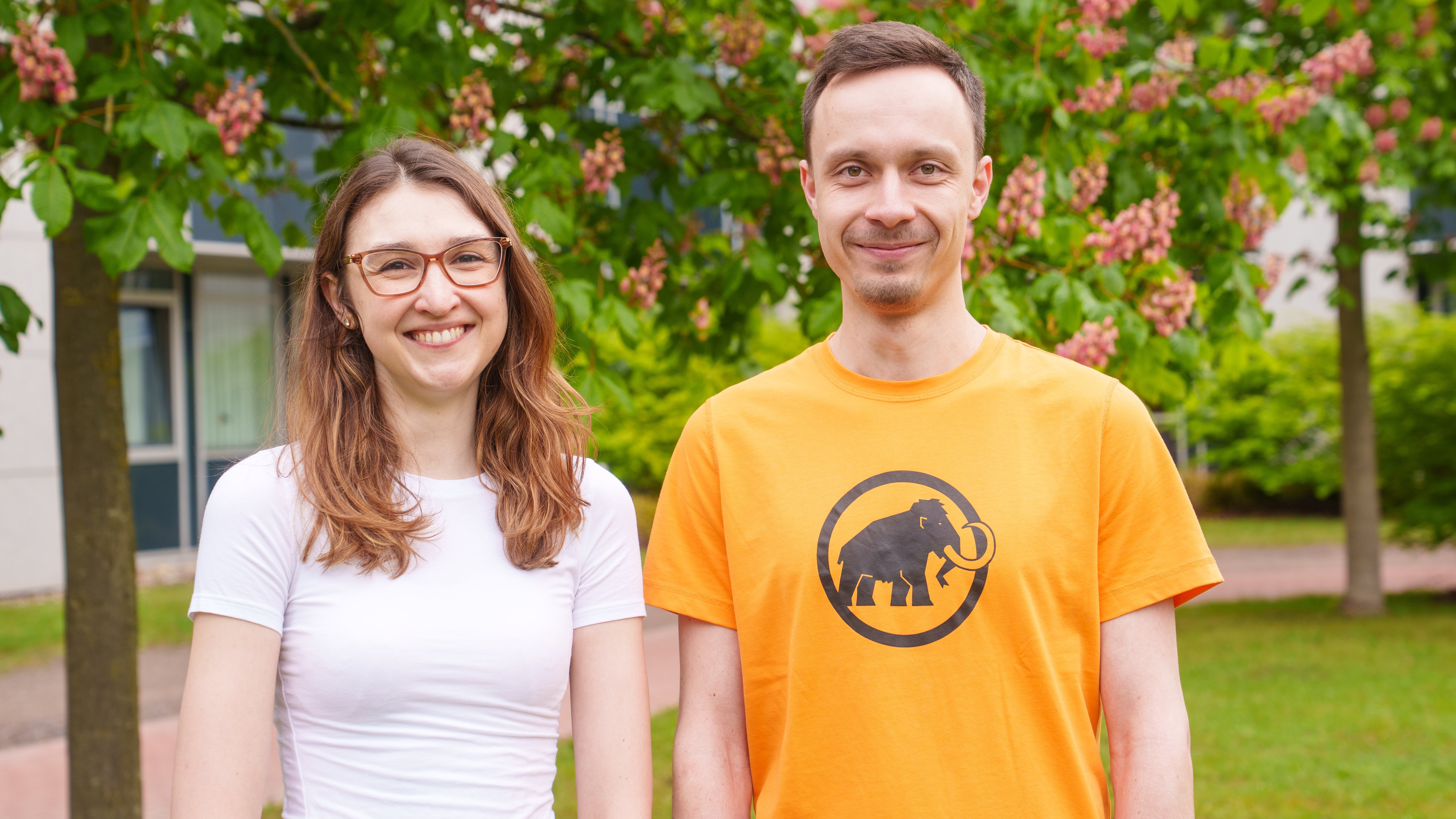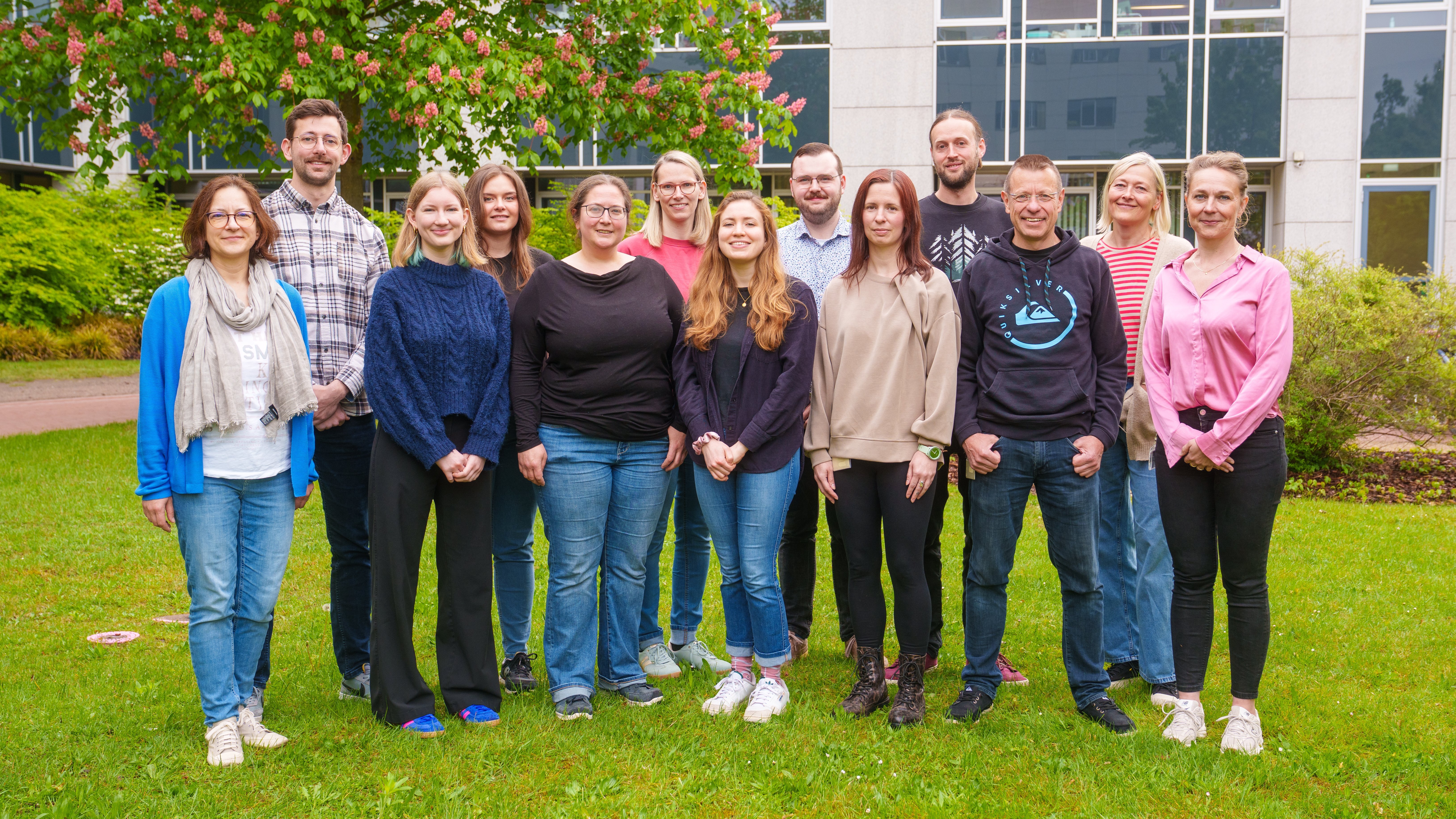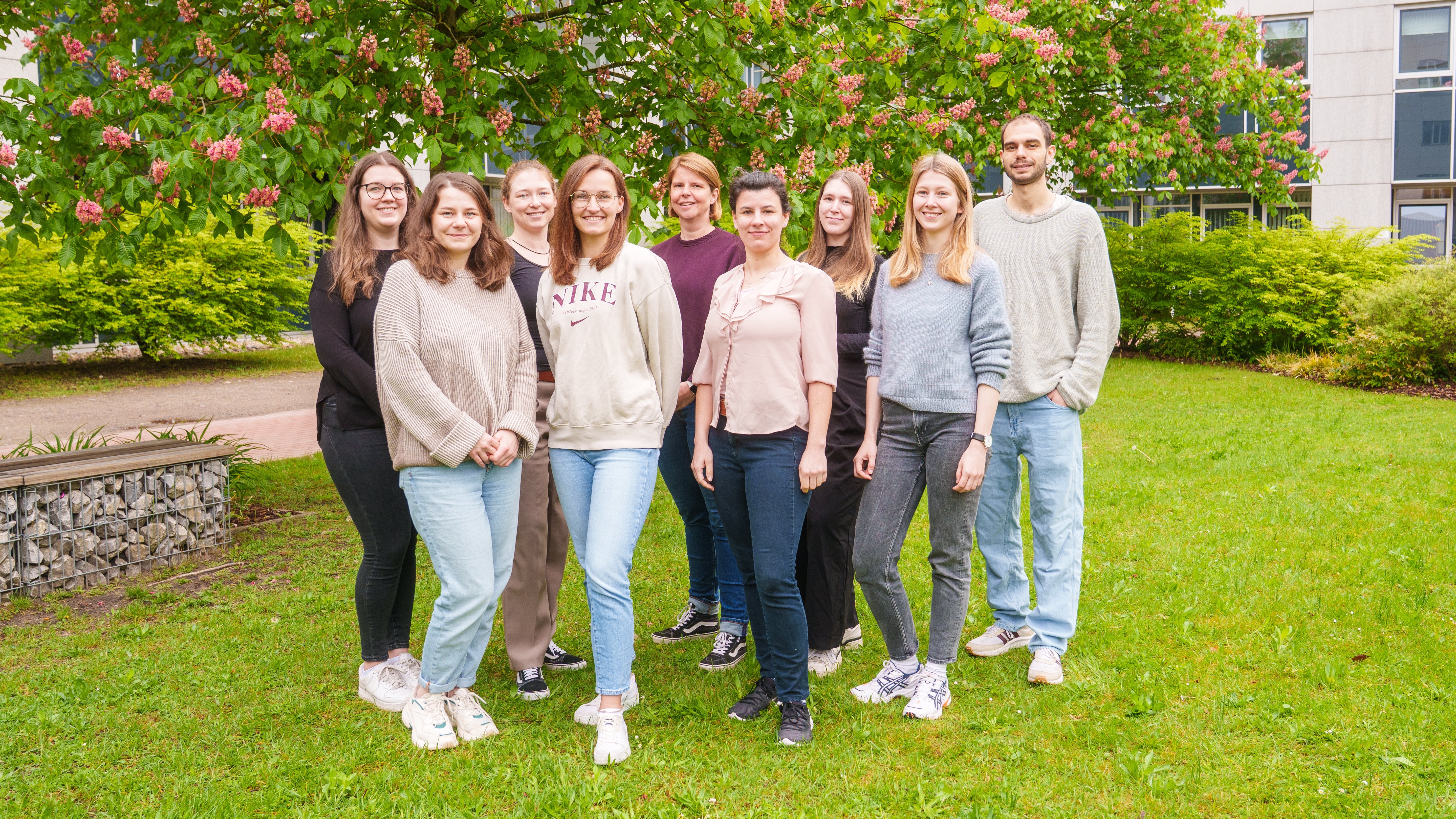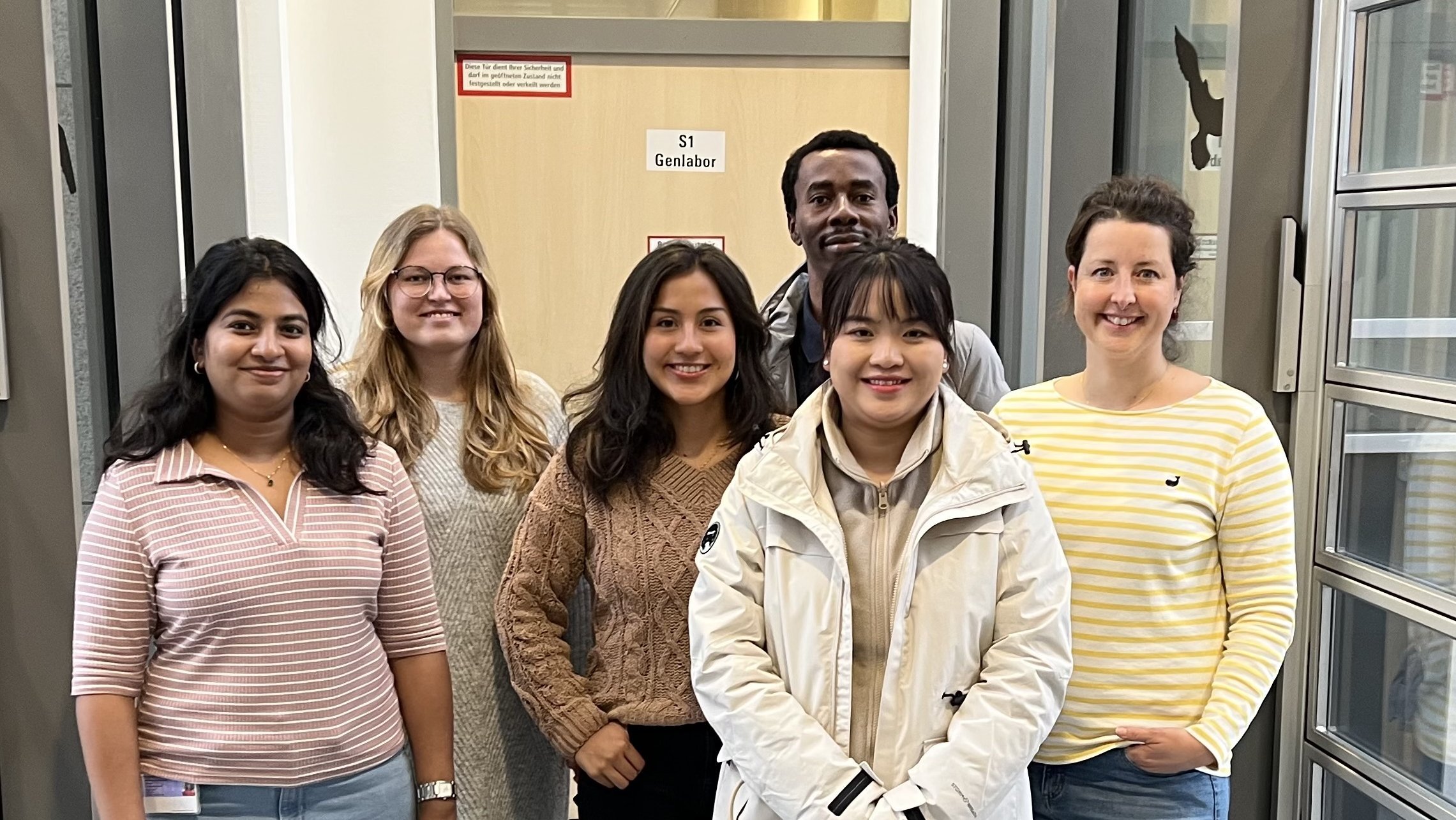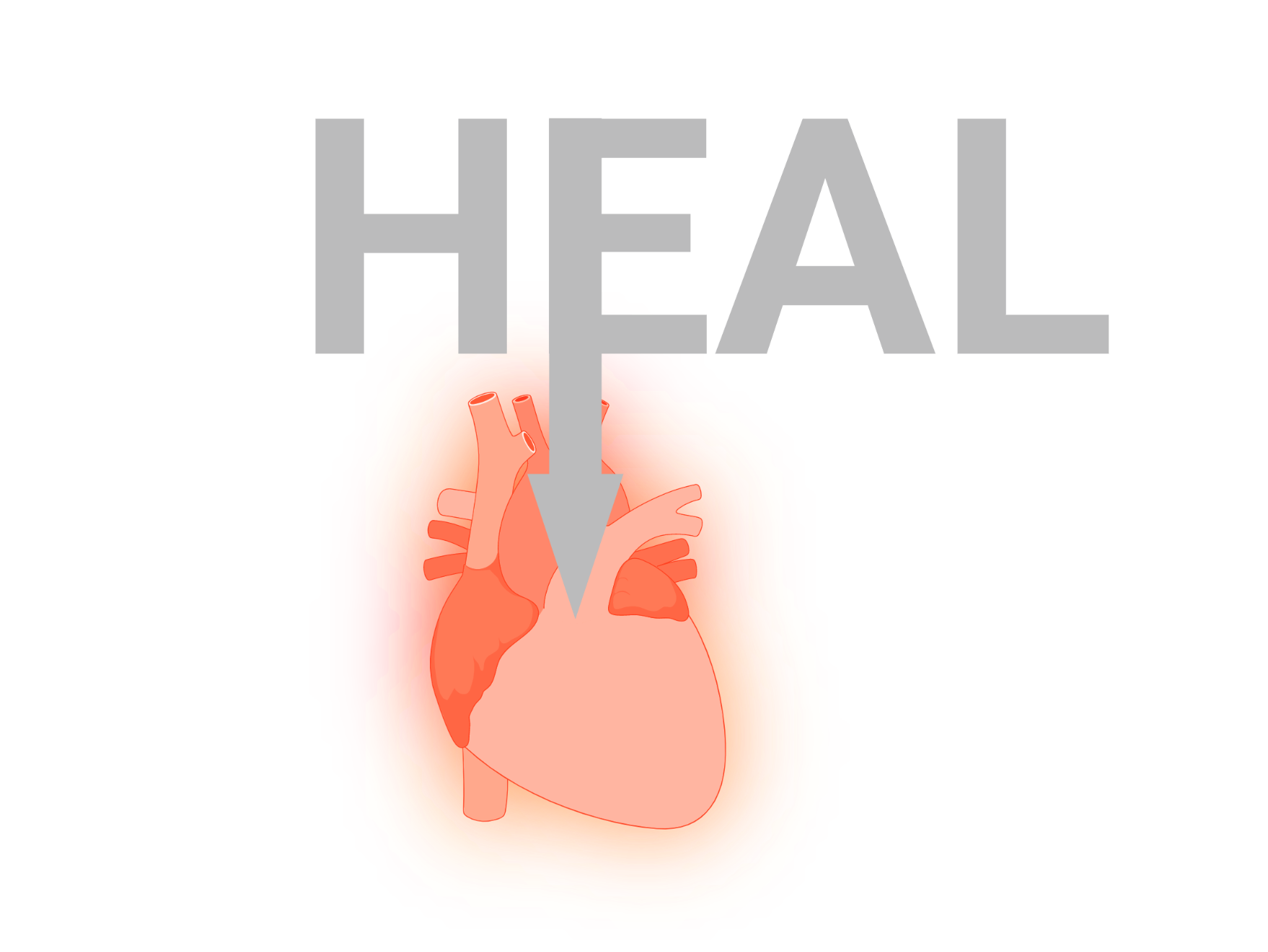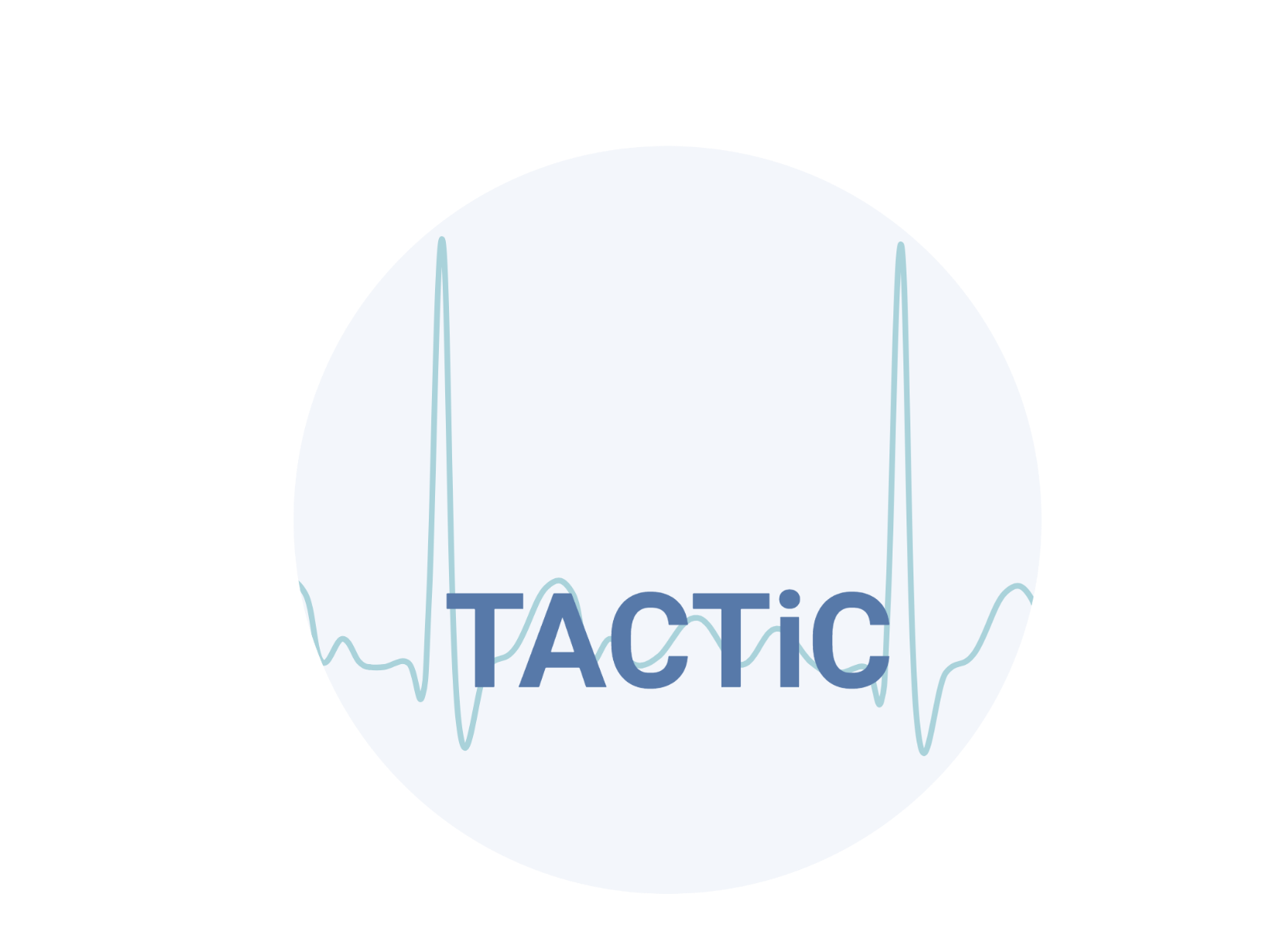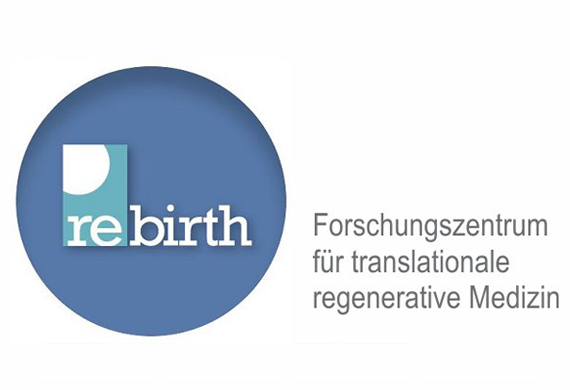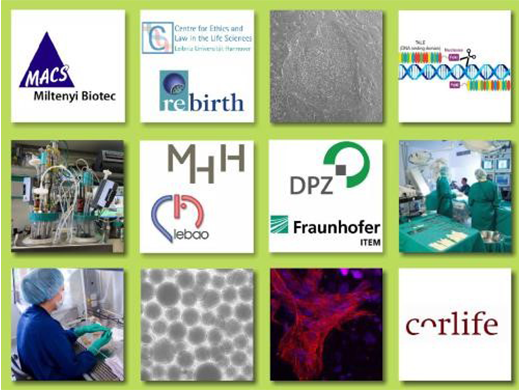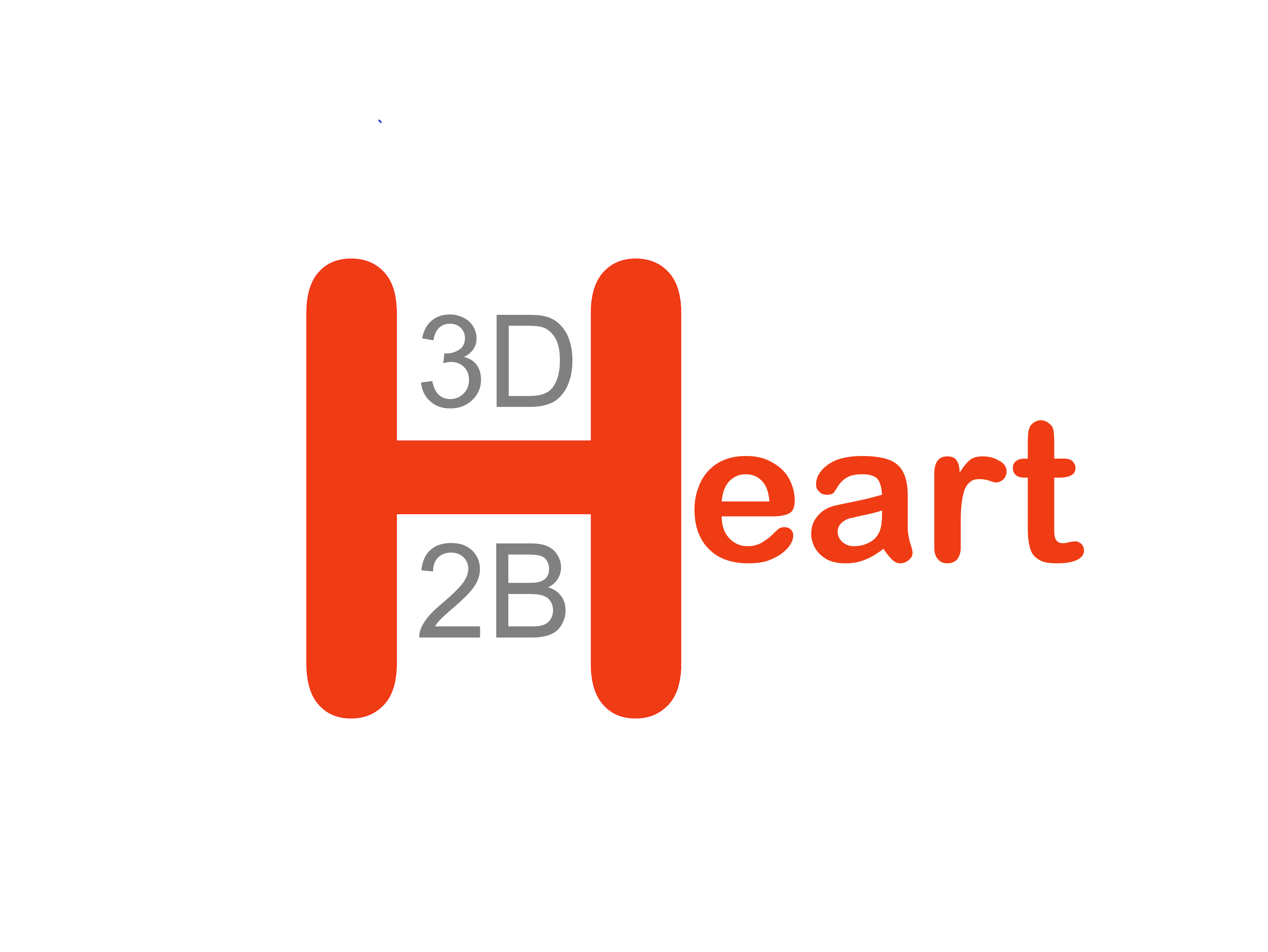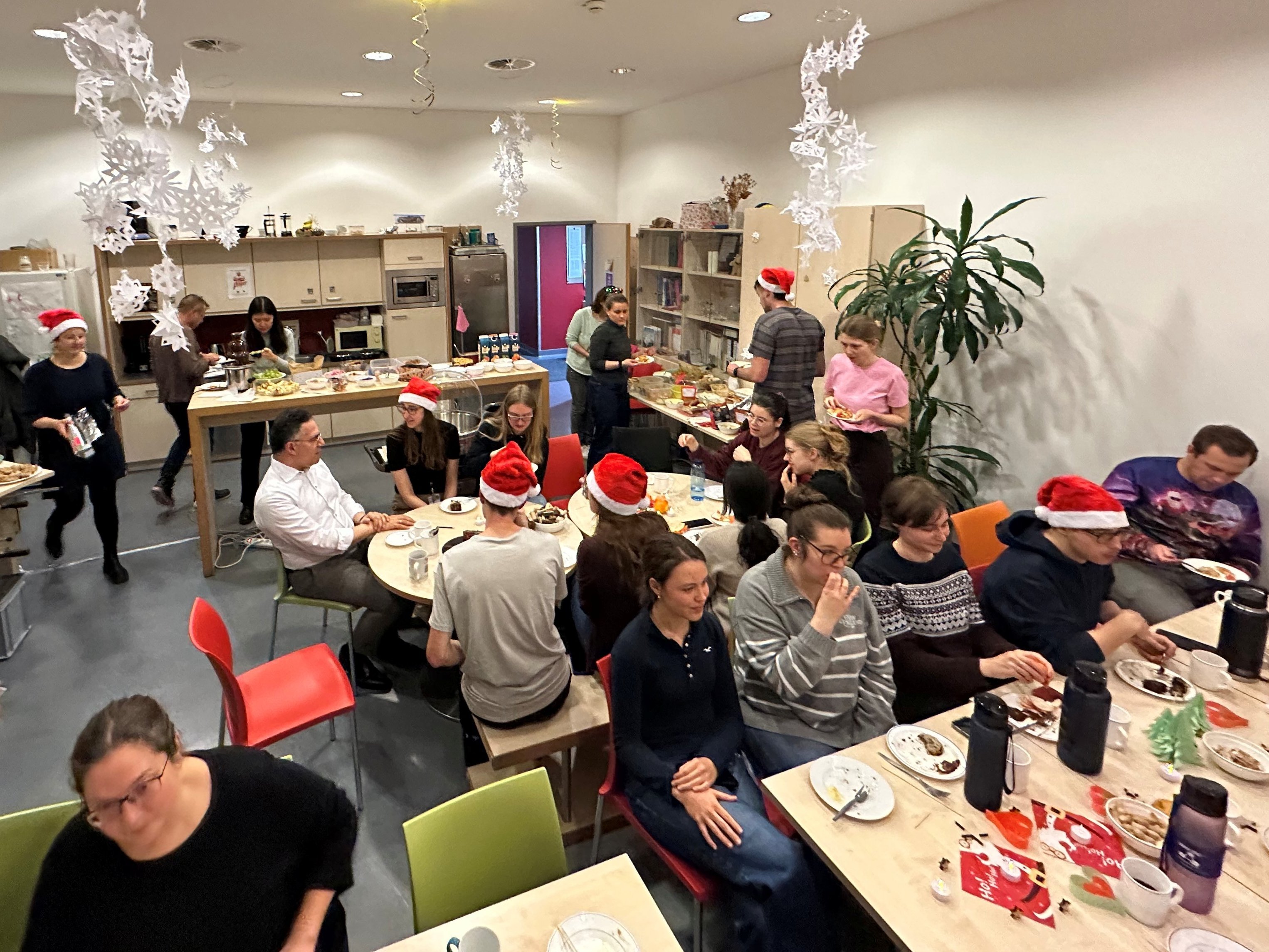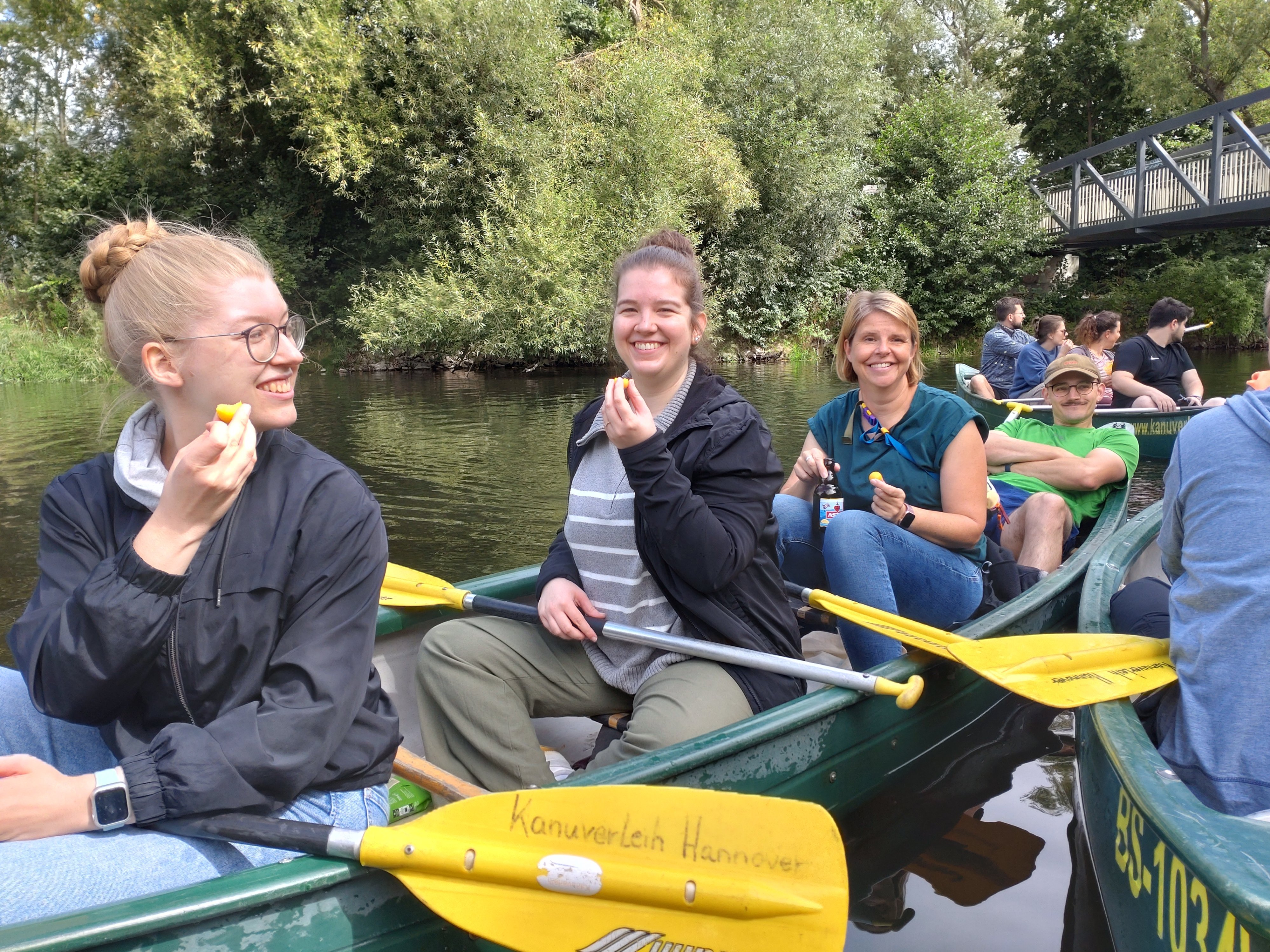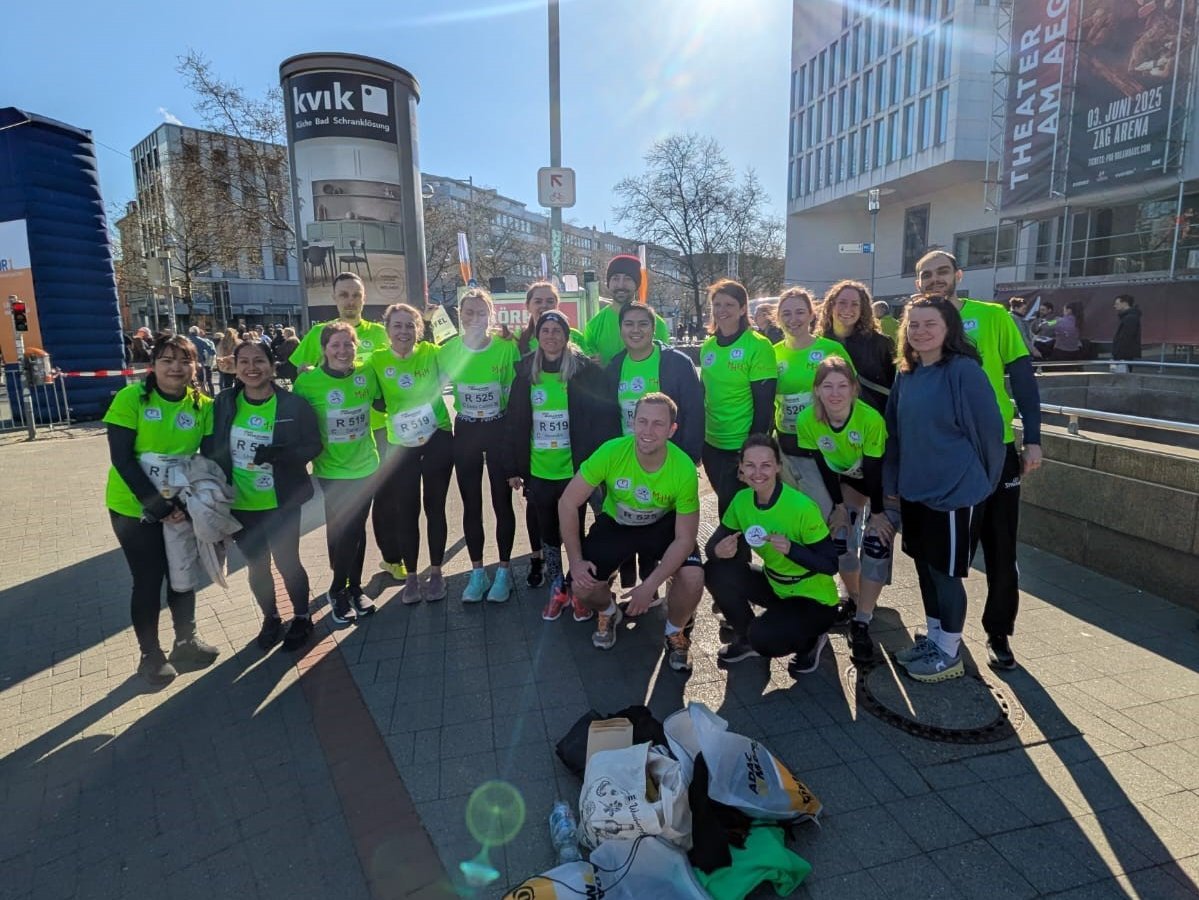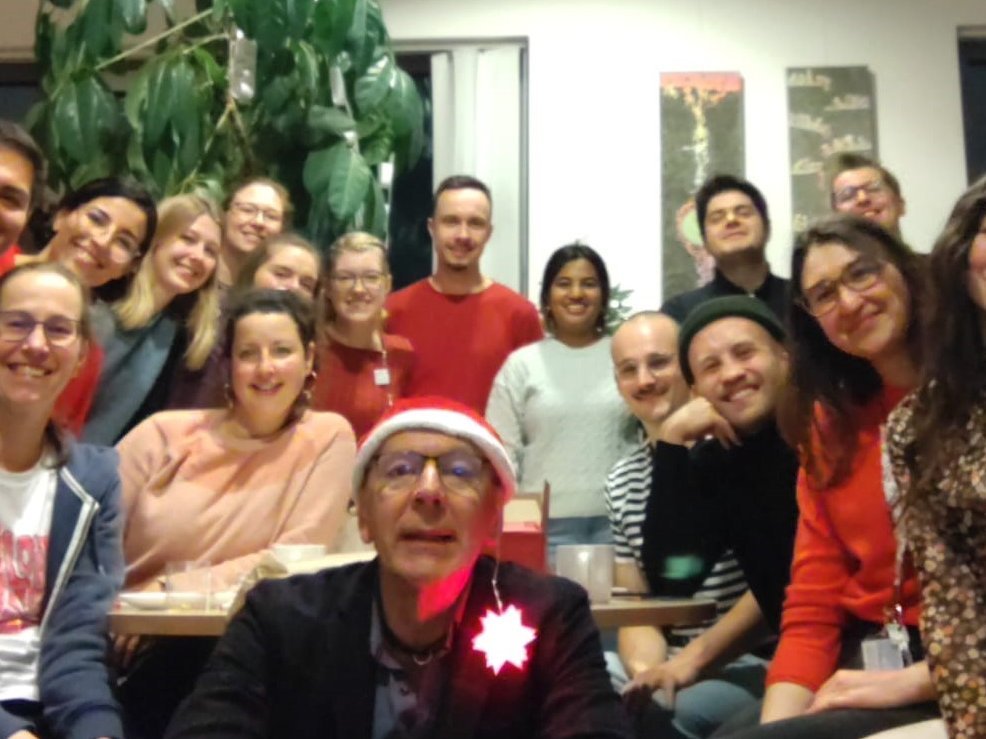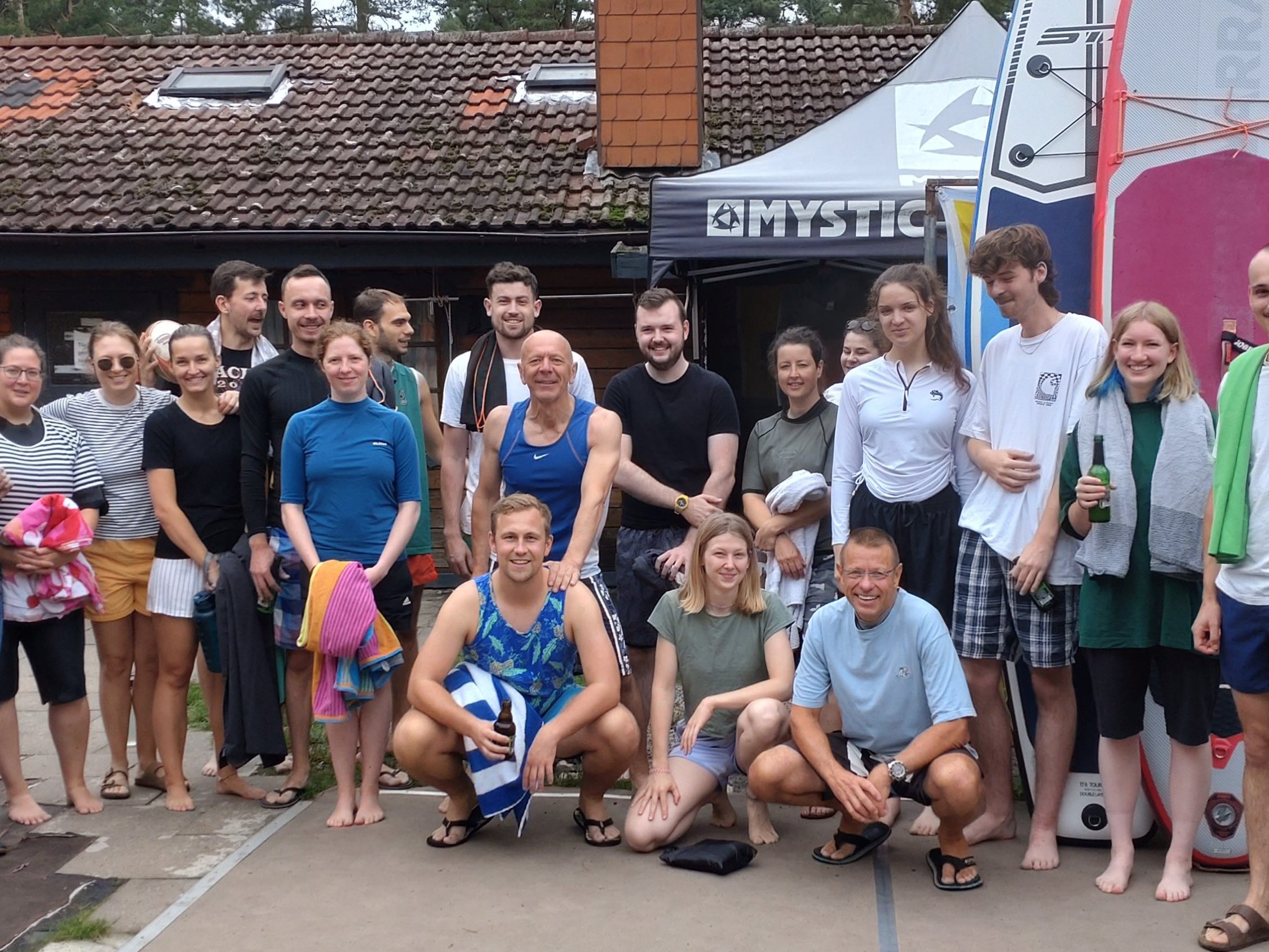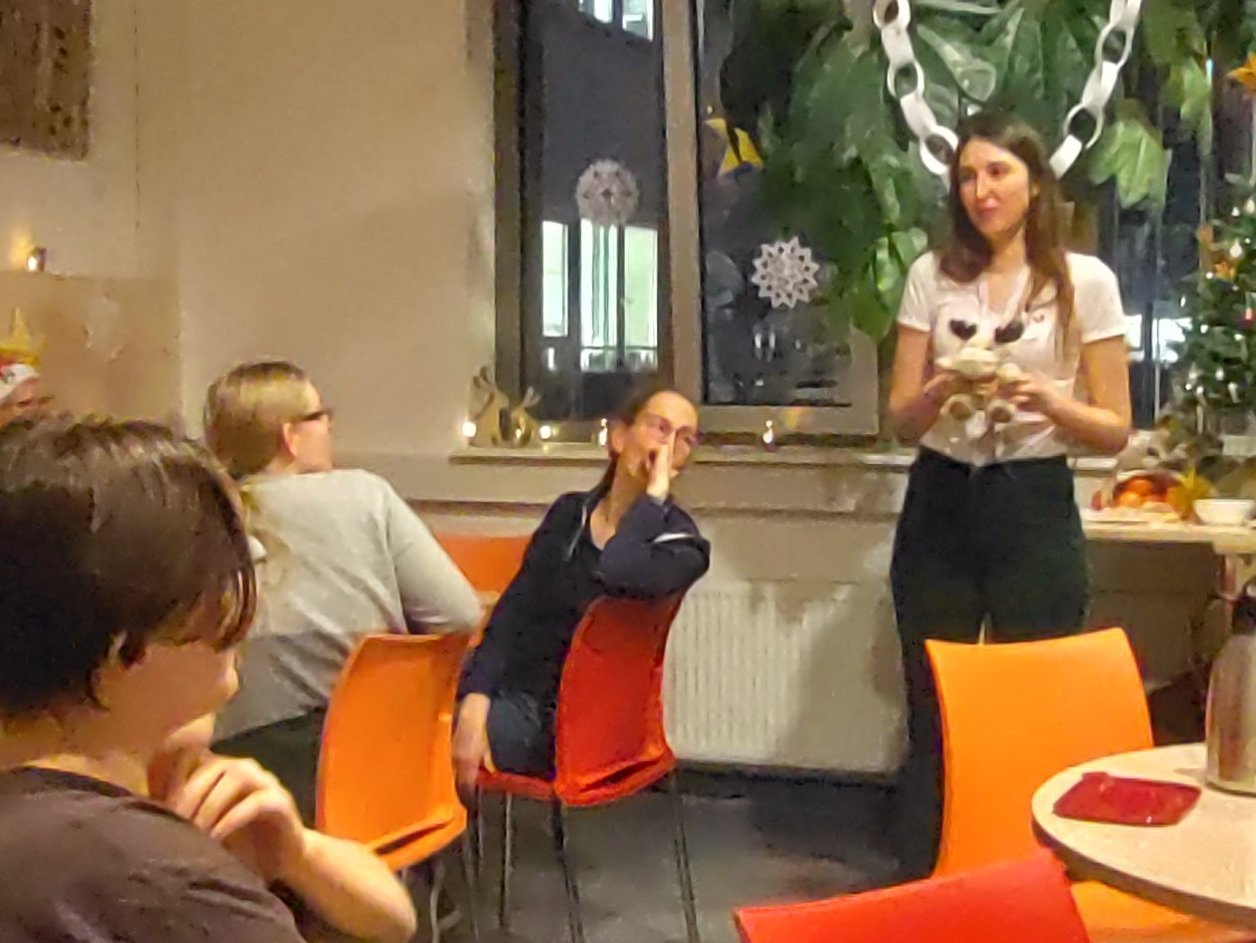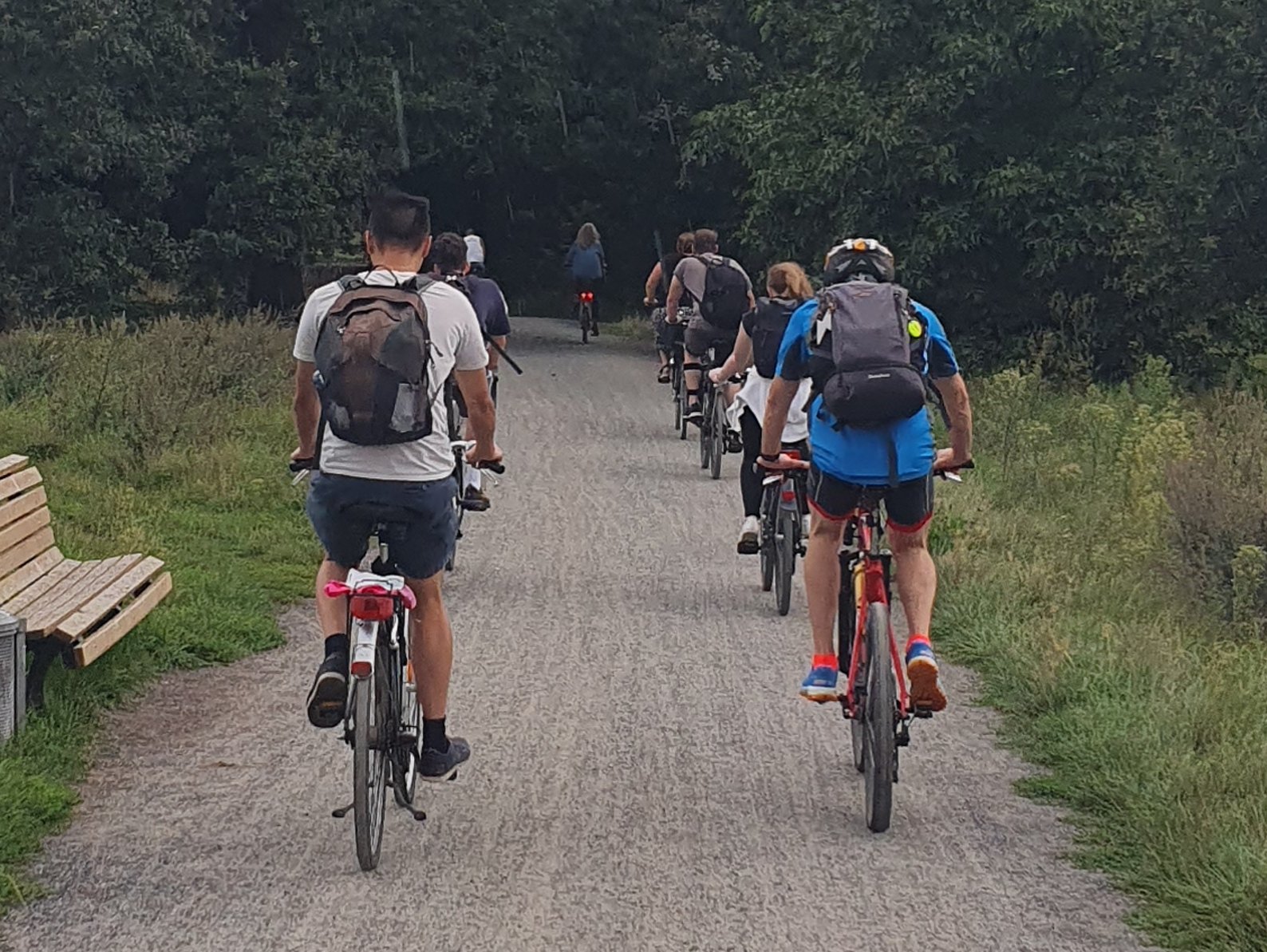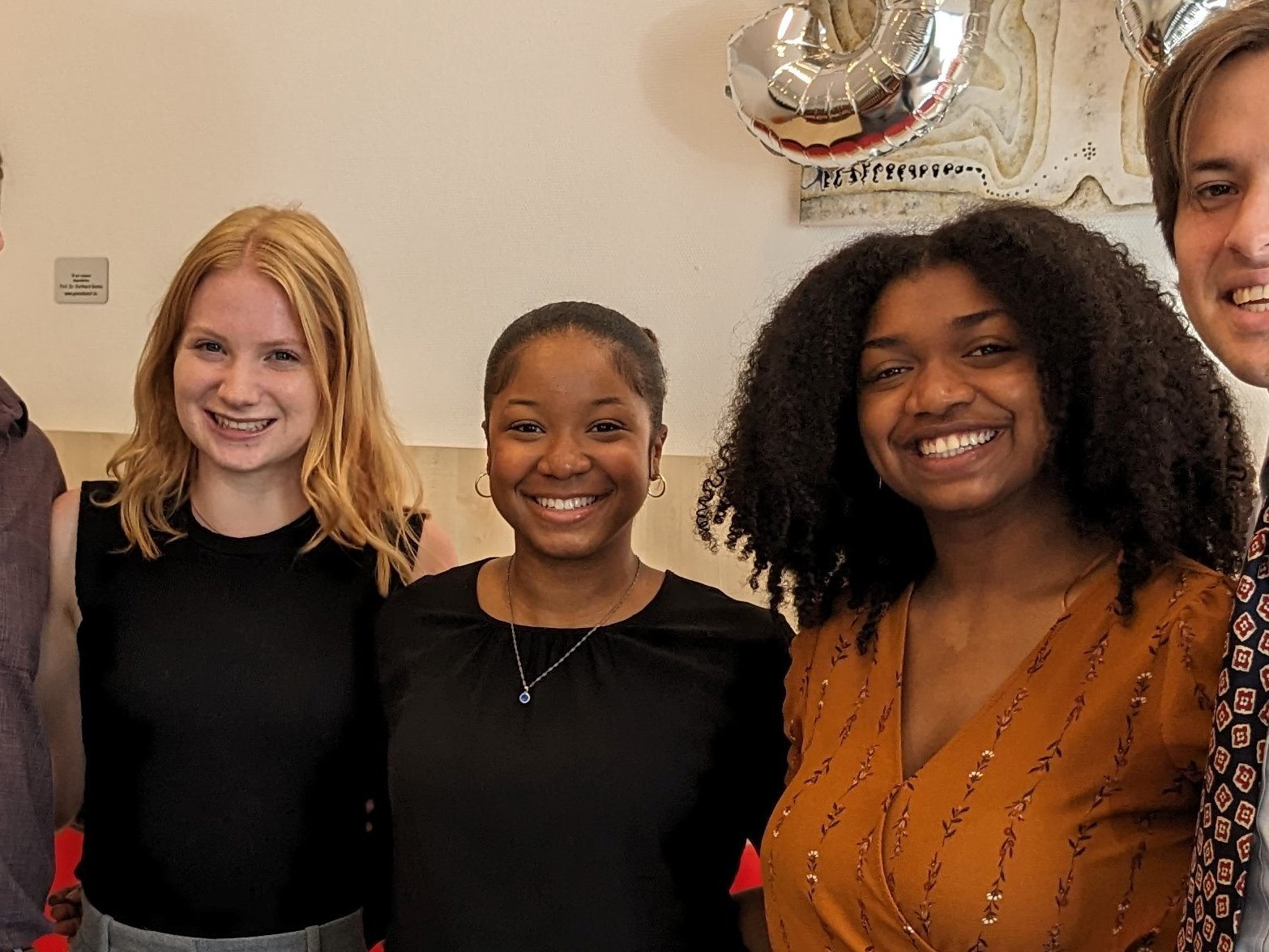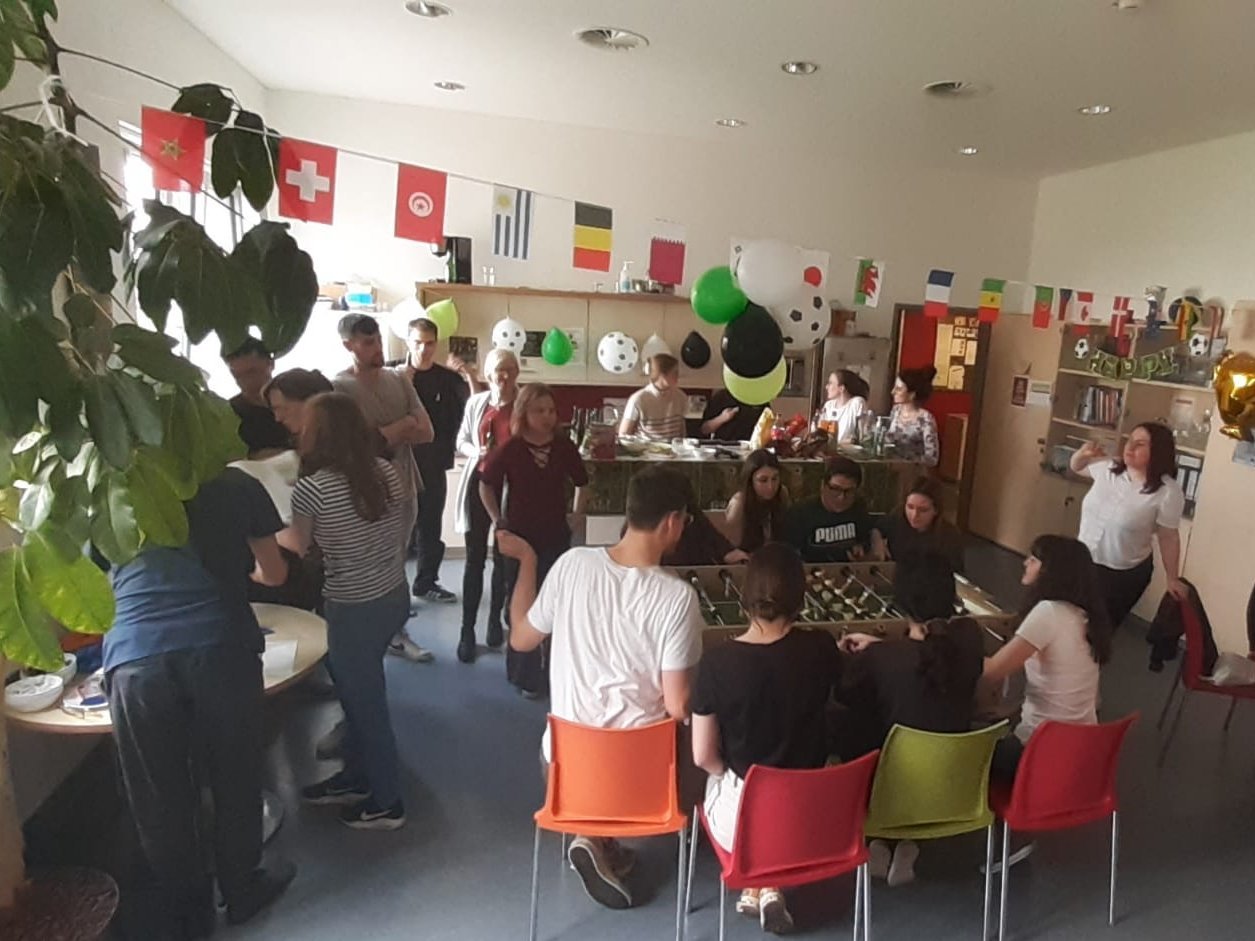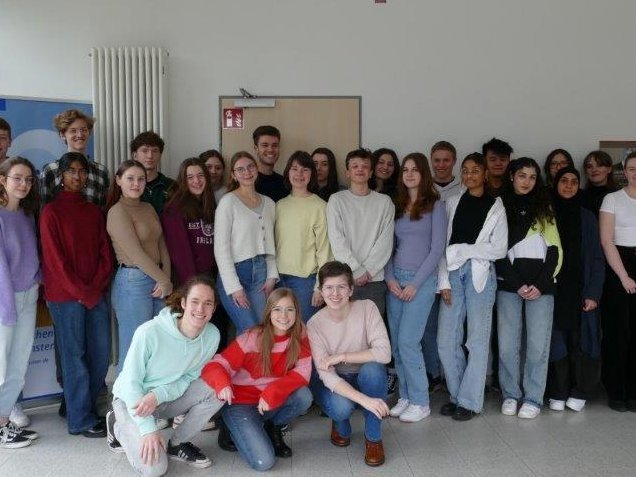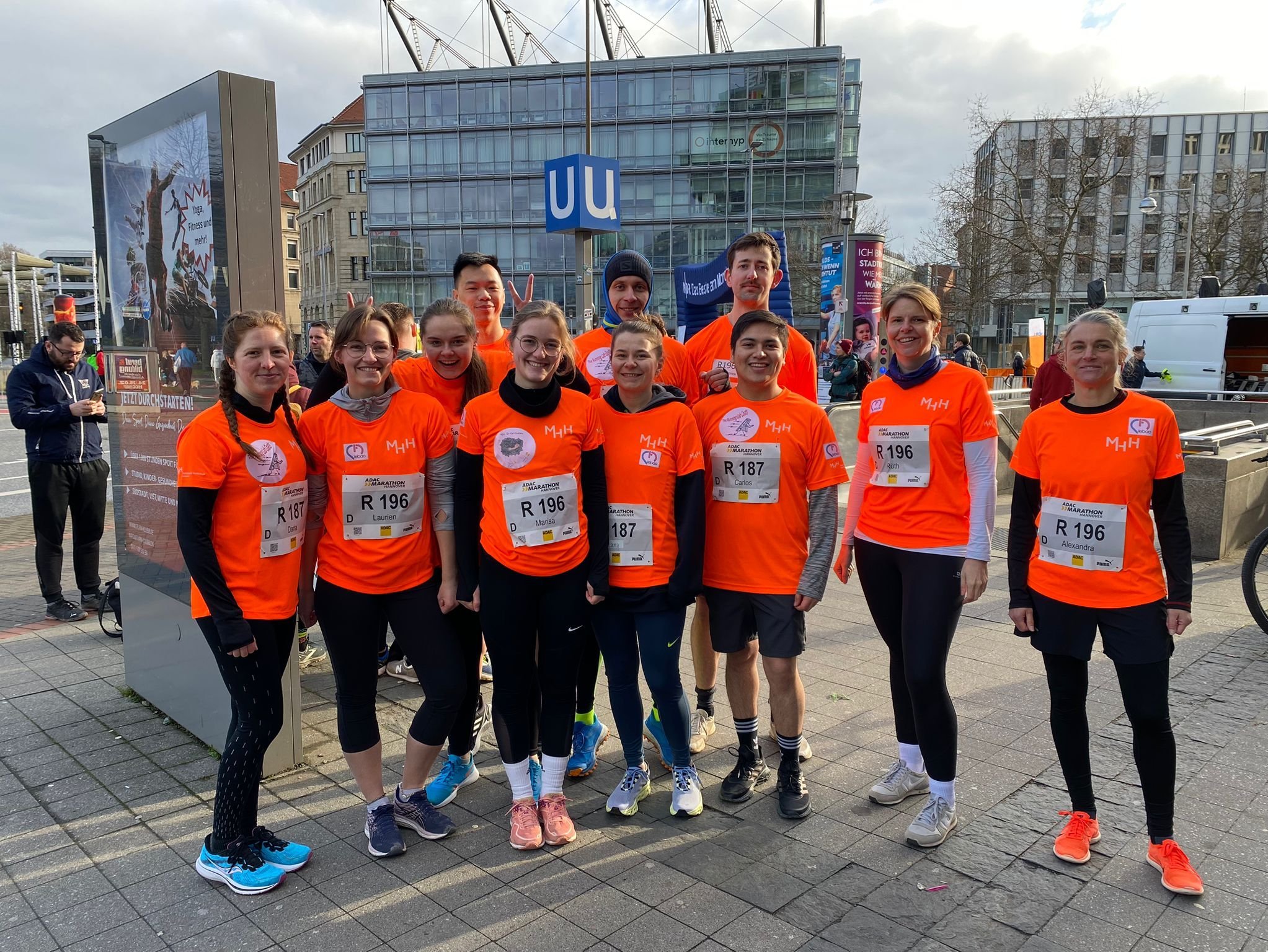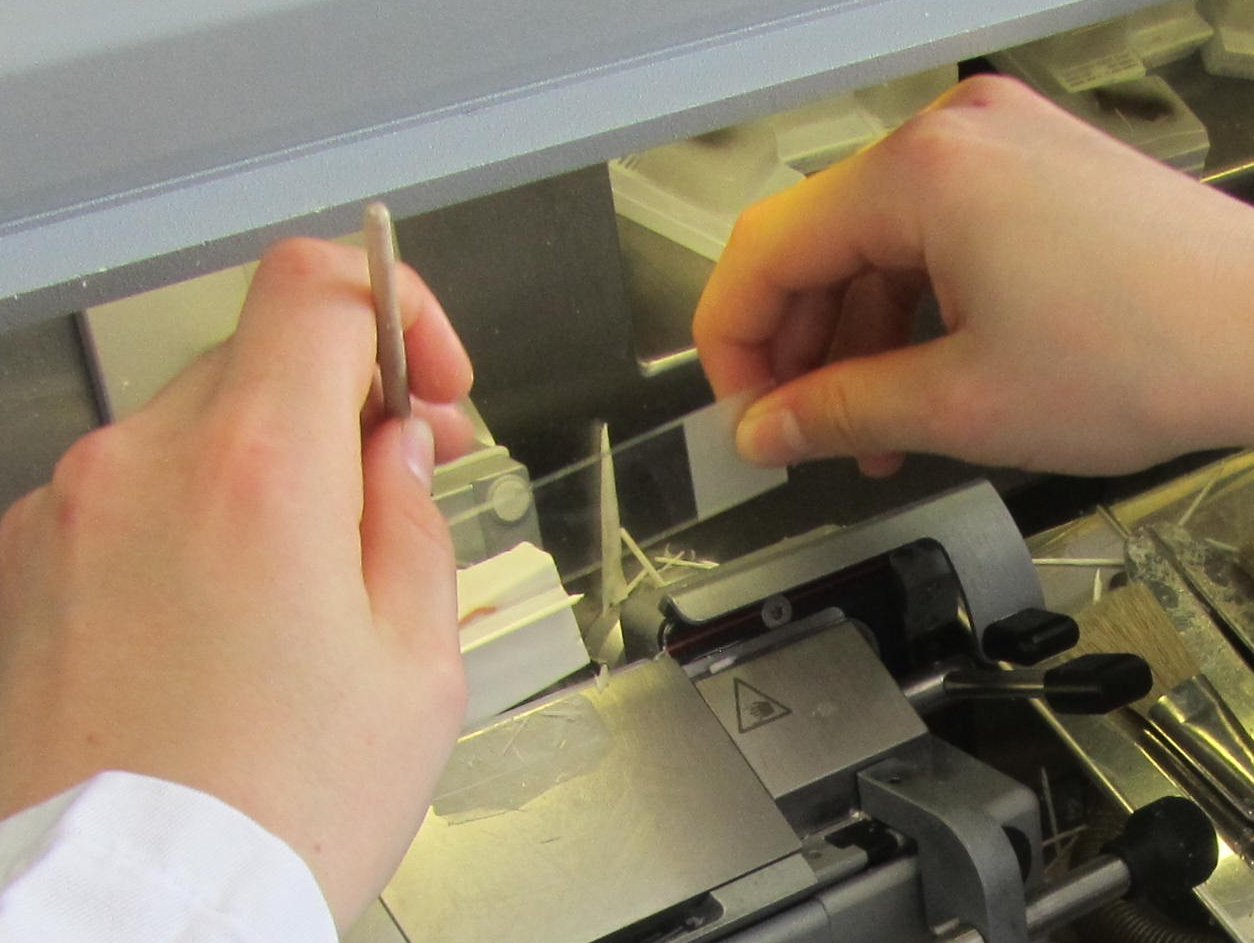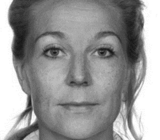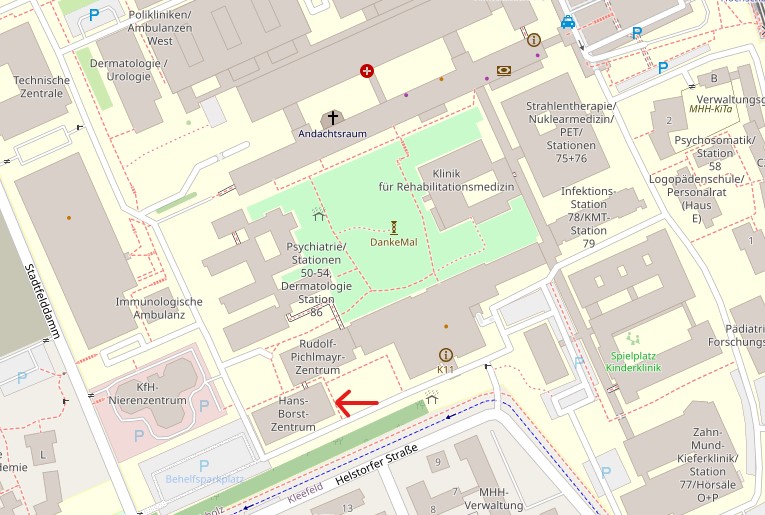
LEBAO

The Leibniz Research Laboratories for Biotechnology and Artificial Organs (LEBAO) were founded by Professor Axel Haverich at the Hannover Medical School (MHH) in 1996 finaced through the prestigious Leibniz prize awarded by the DFG.
The resulting synergies between application-driven basic research and clinical practice are supported by the co-directorship of a clinical director, Professor Axel Haverich, and a research director, Professor Ulrich Martin.
The LEBAO as a basic research area of the Clinic for Cardiac, Thoracic, Transplantation and Vascular Surgery of the MHH is considered one of the central institutions of REBIRTH.
After Prof. Haverich took his well-deserved retirement on March 31, 2023, the clinical leadership of the Department of Cardiac, Thoracic, Transplantation and Vascular Surgery was taken over by Prof. Dr. Arjang Ruhparwar on April 01, 2023.
The close connection of application-oriented basic research in LEBAO and the clinic will now be implemented via a dual leadership with Prof. Dr. A. Ruhparwar as clinic director and Prof. Dr. U. Martin as head of experimental research.
All groups are involved in research projects that serve to develop novel therapies for the treatment of cardiovascular and respiratory diseases. There are cross connections and close collaborations with other projects within the MHH and the Research Center for Translational Regenerative Medicine REBIRTH as well as with the Competence Center for Cardiovascular Implants (Medimplant), Leibniz Universität Hannover, the Lower Saxony Center for Biomedical Engineering, Implant Research and Development (NIFE), Fraunhofer ITEM, the German Primate Center, corlife oHG, the medical technology network CrossBIT and a large number of other national and international scientific institutions and industrial companies.
Research groups
There are currently seven research groups at the LEBAO. They use a variety of different technologies, e.g. reprogramming of somatic cells for the production of induced pluripotent stem cells (iPS cells), so-called "gene editing" for the targeted genetic modification of cells, scalable bioreactor systems for stem cell expansion and differentiation, or tissue engineering for production of cardiovascular tissue and organ replacements. Long-term goals of our research include the elucidation of disease mechanisms, the development of new drugs and novel cell- and gene-based therapies for regeneration and the repair of damaged organs, especially in the cardiovascular field.
